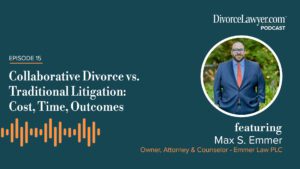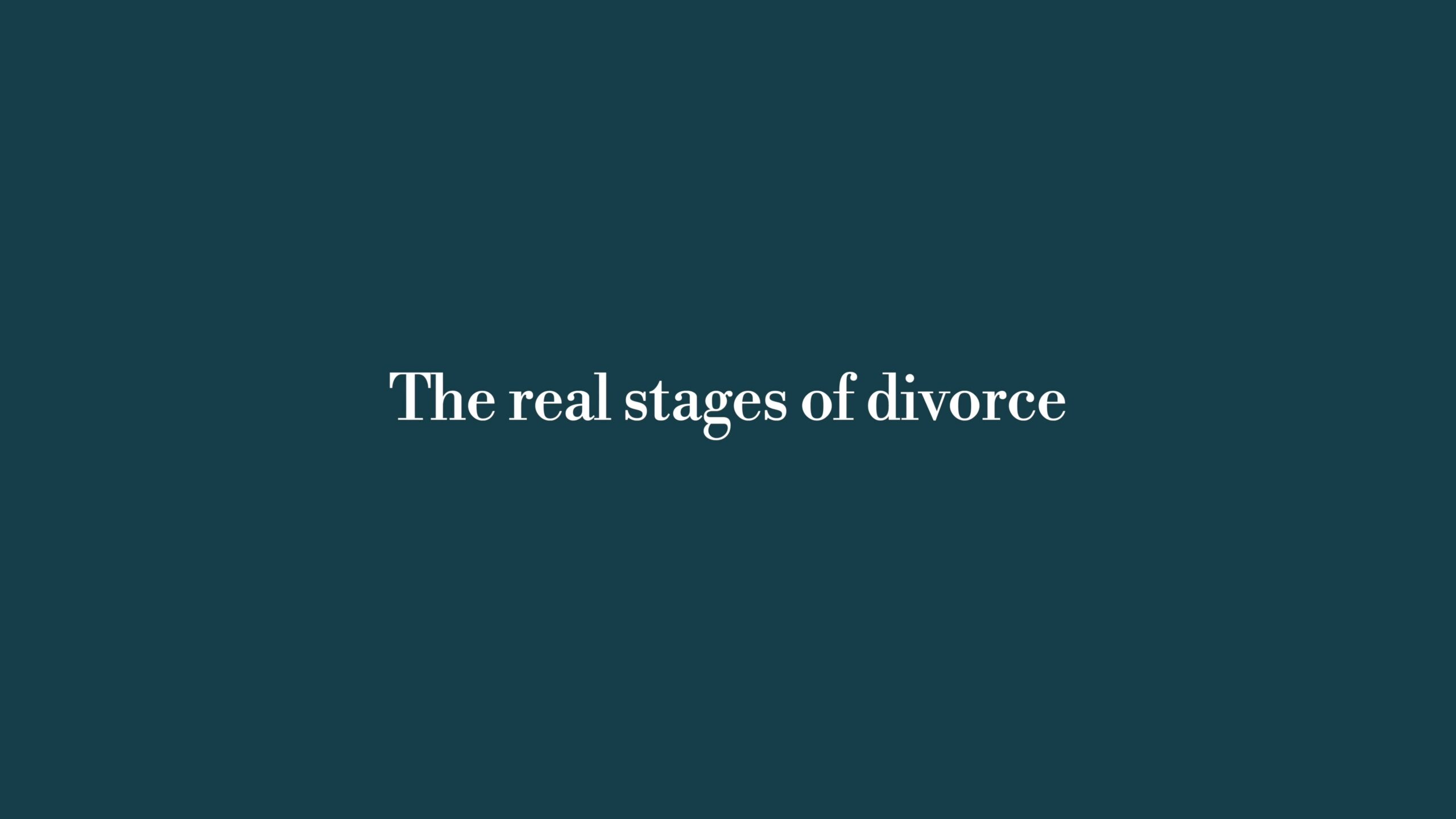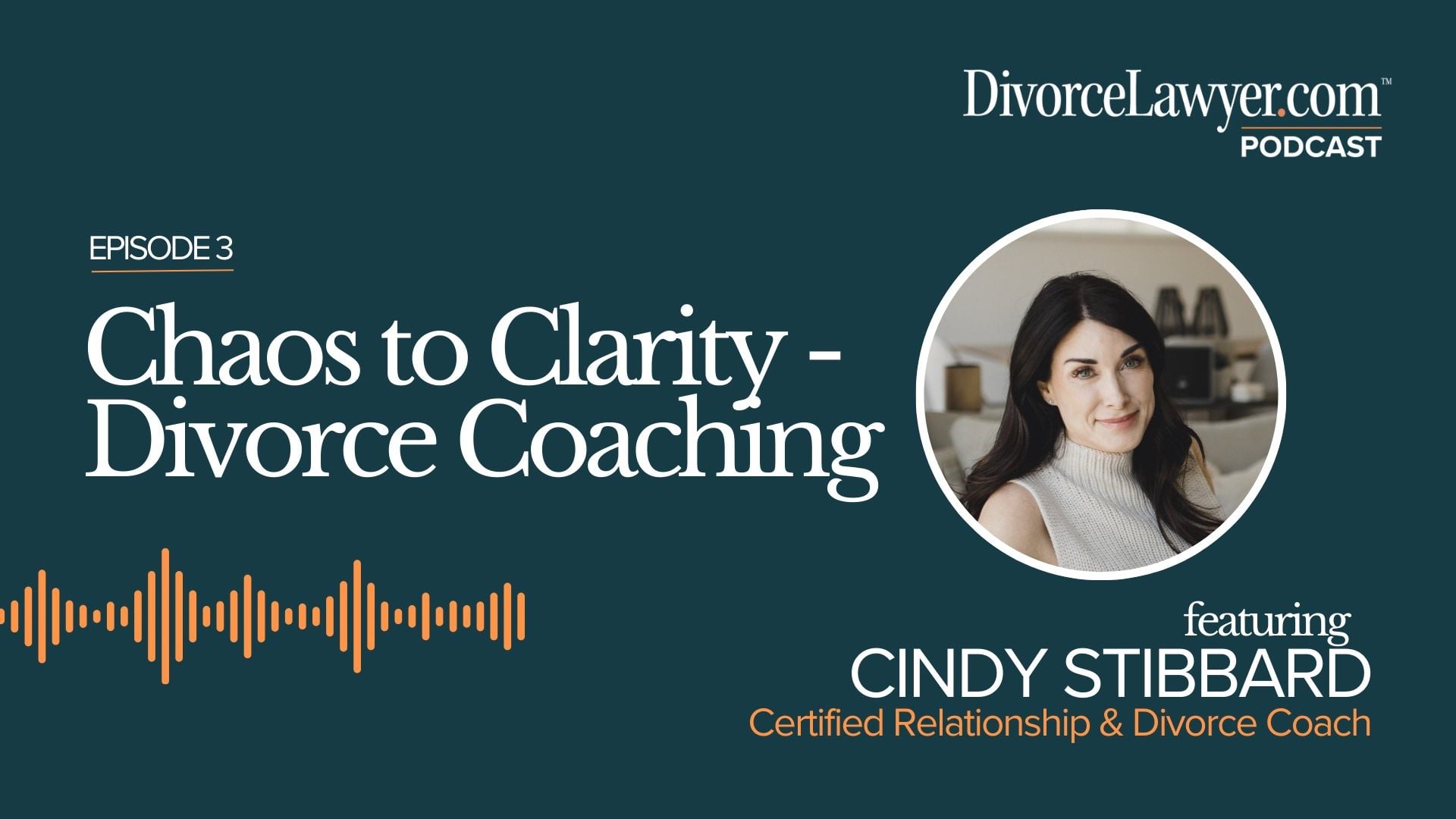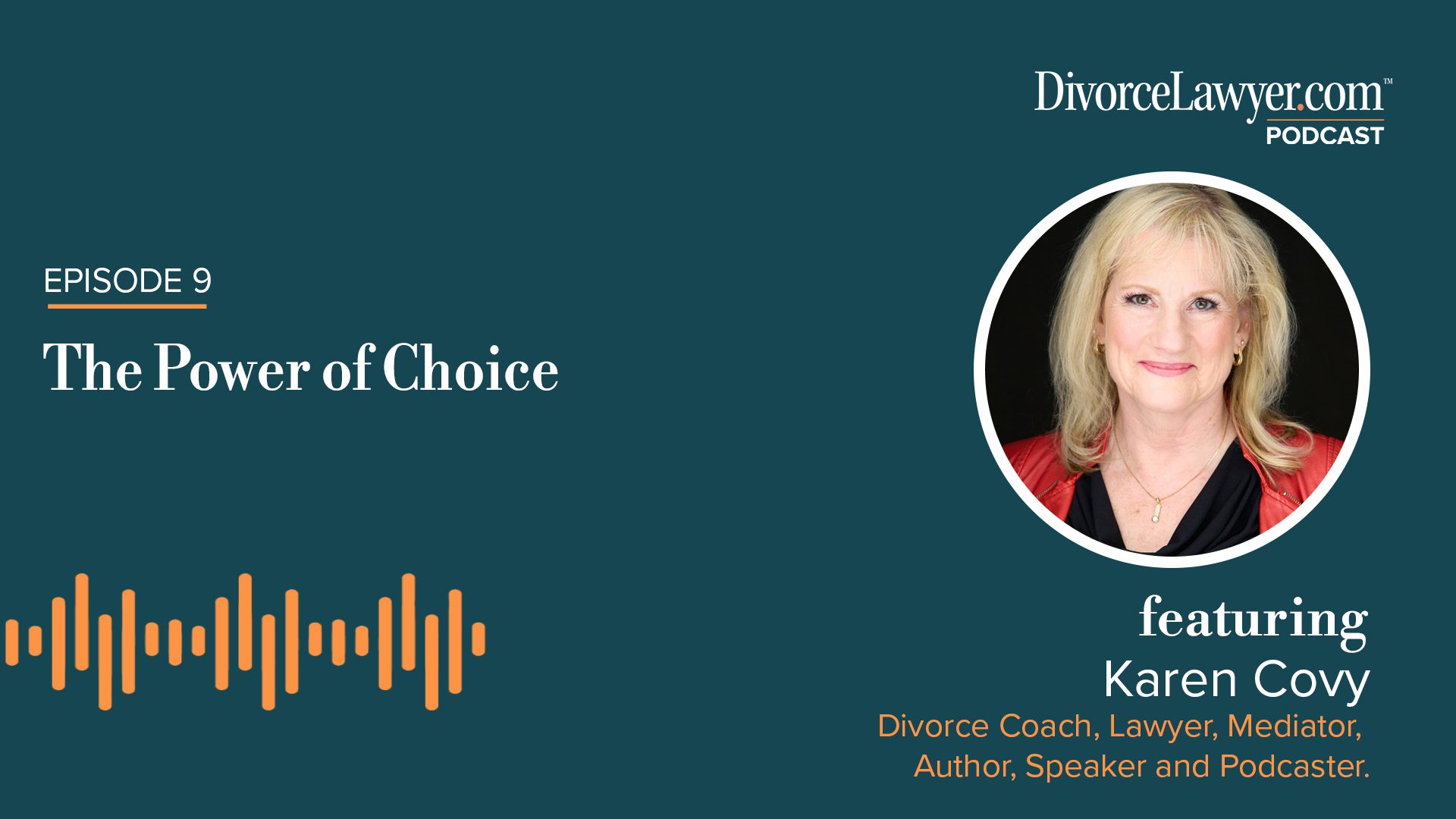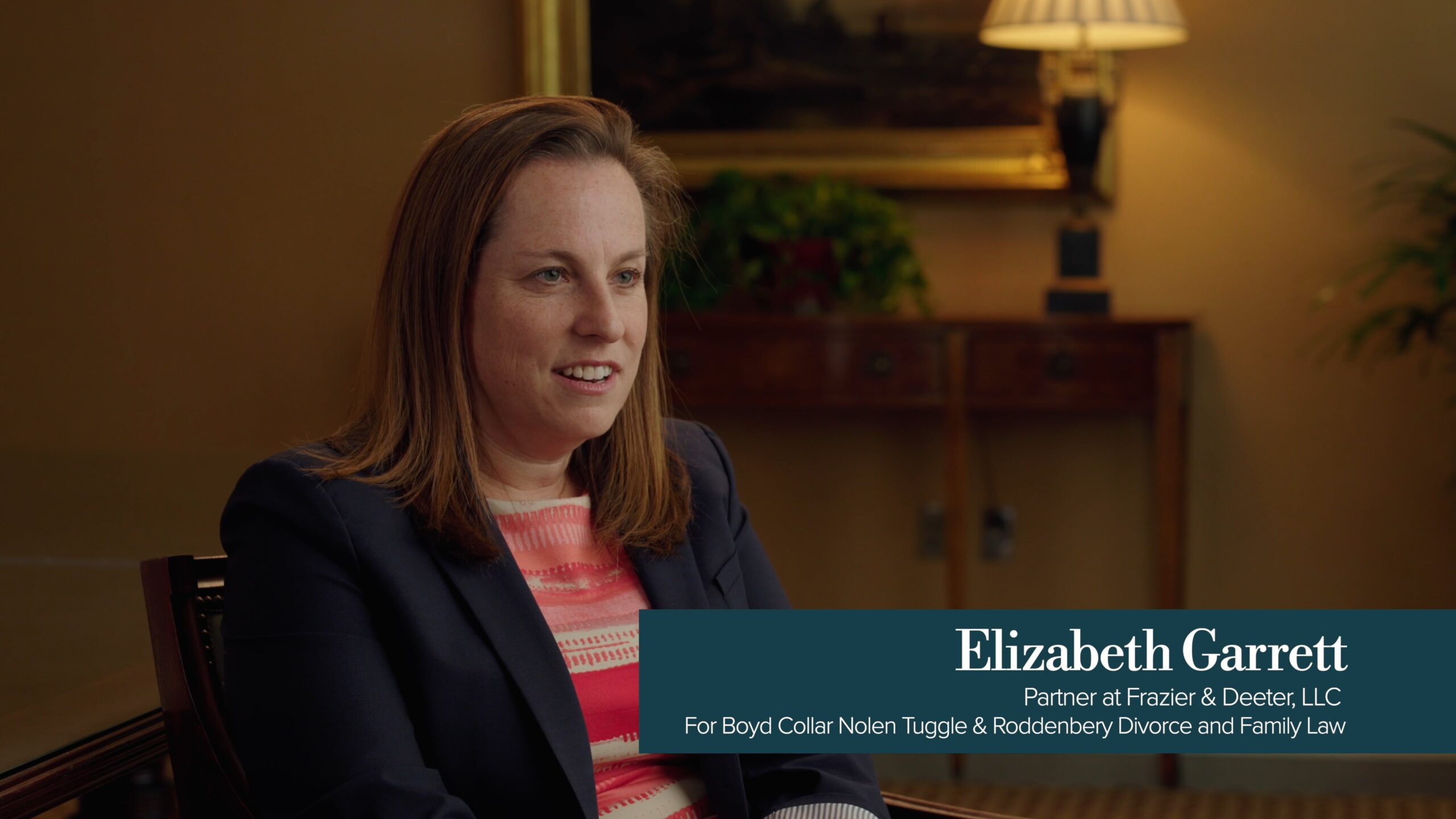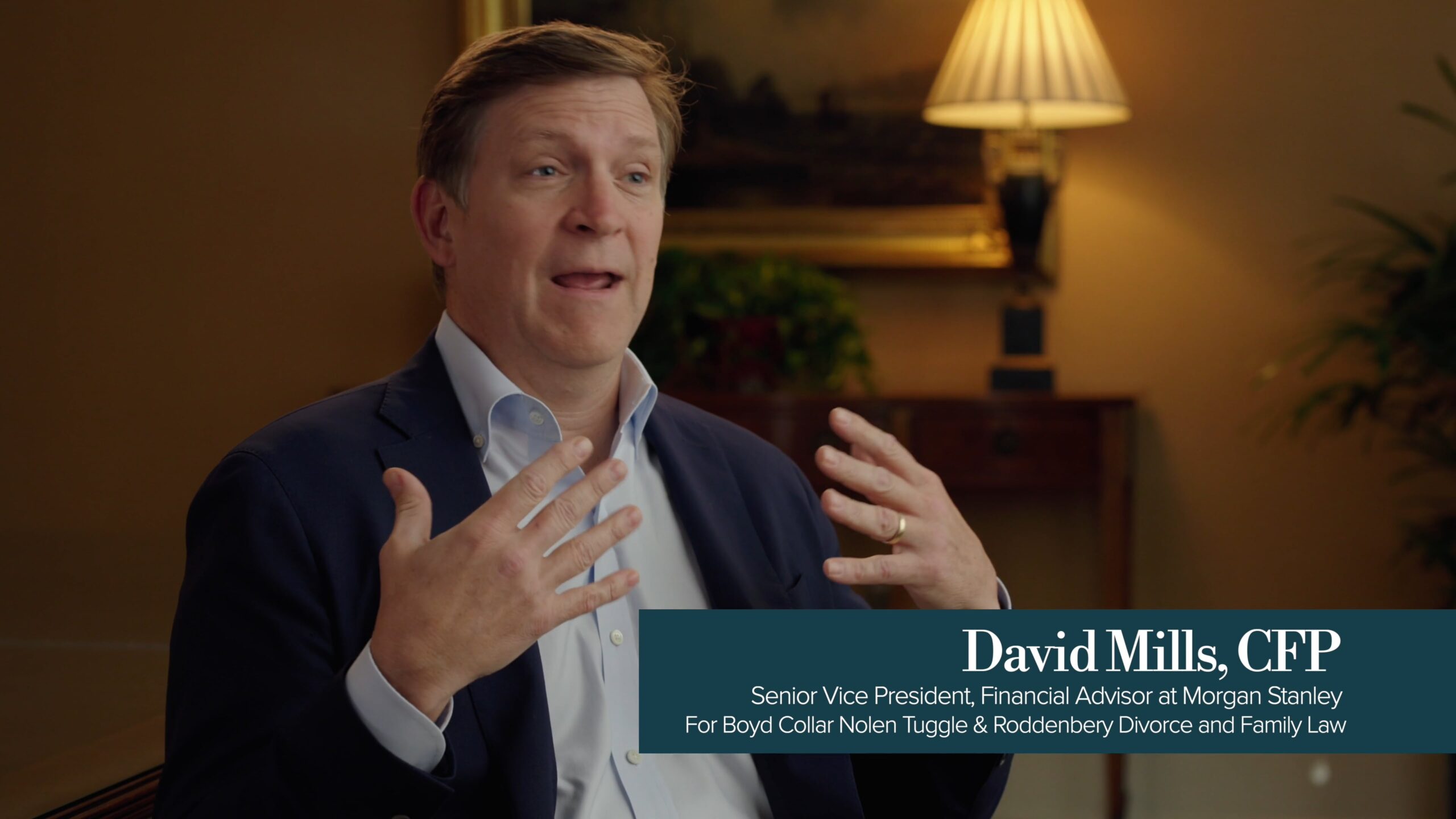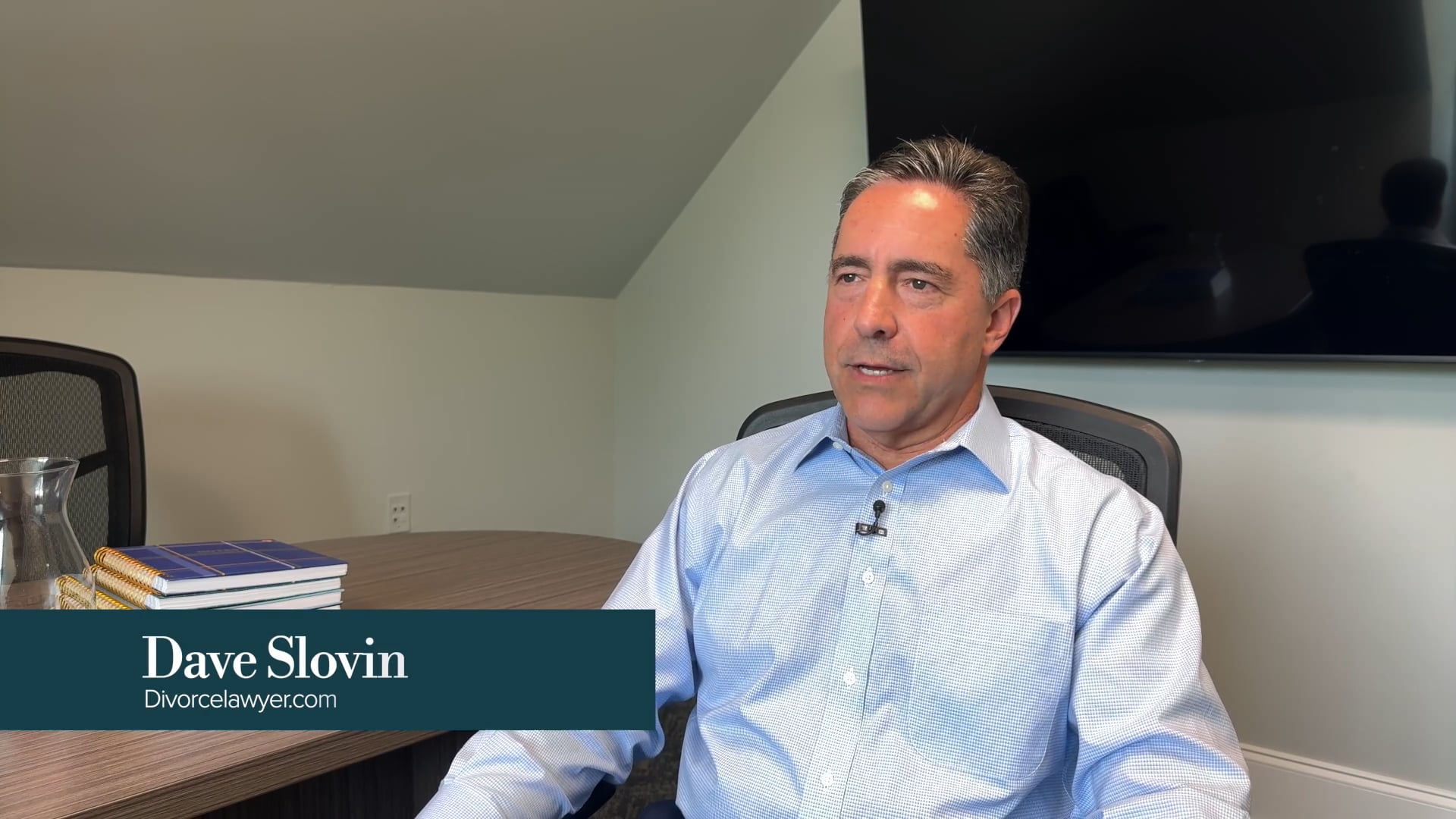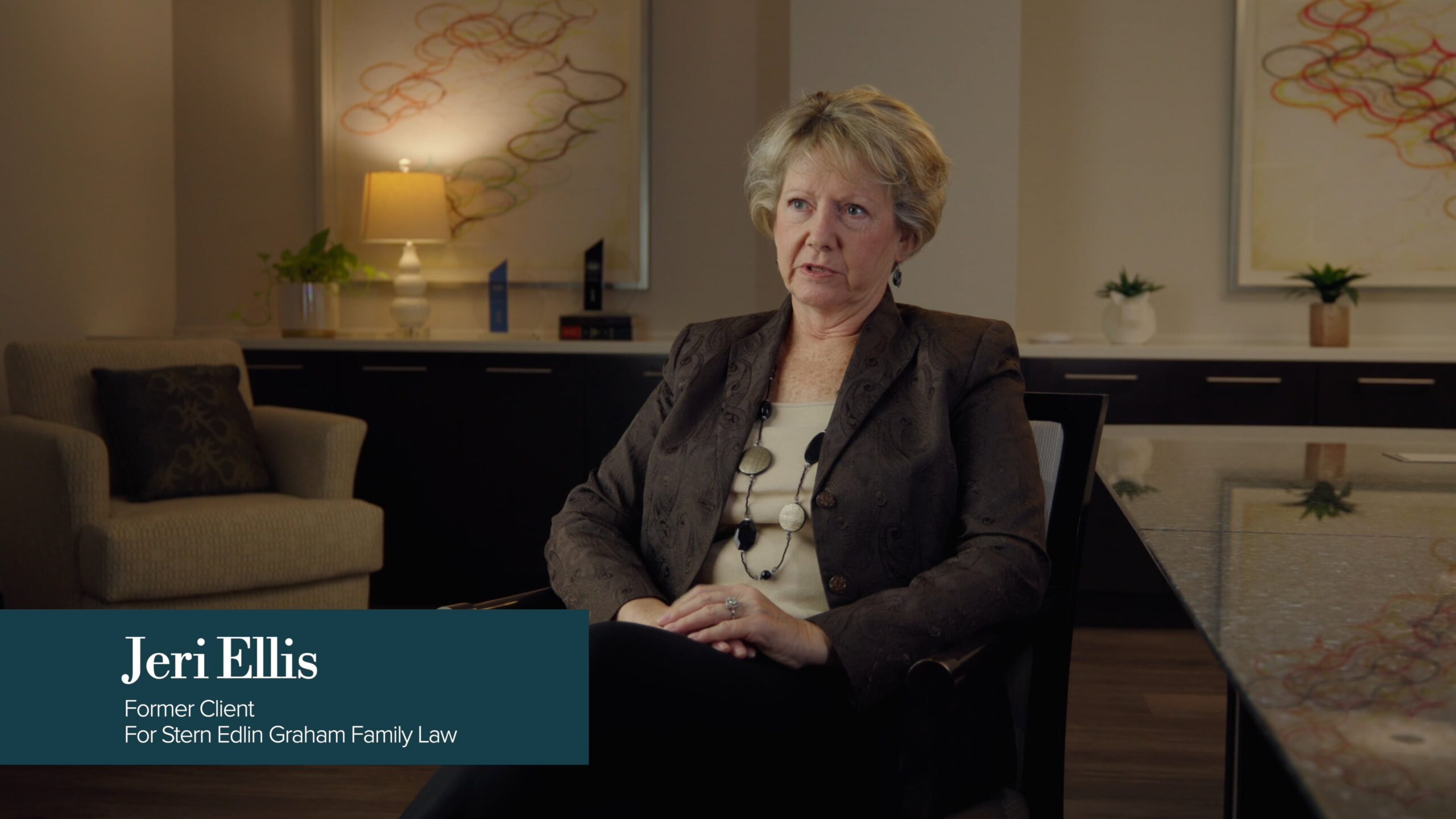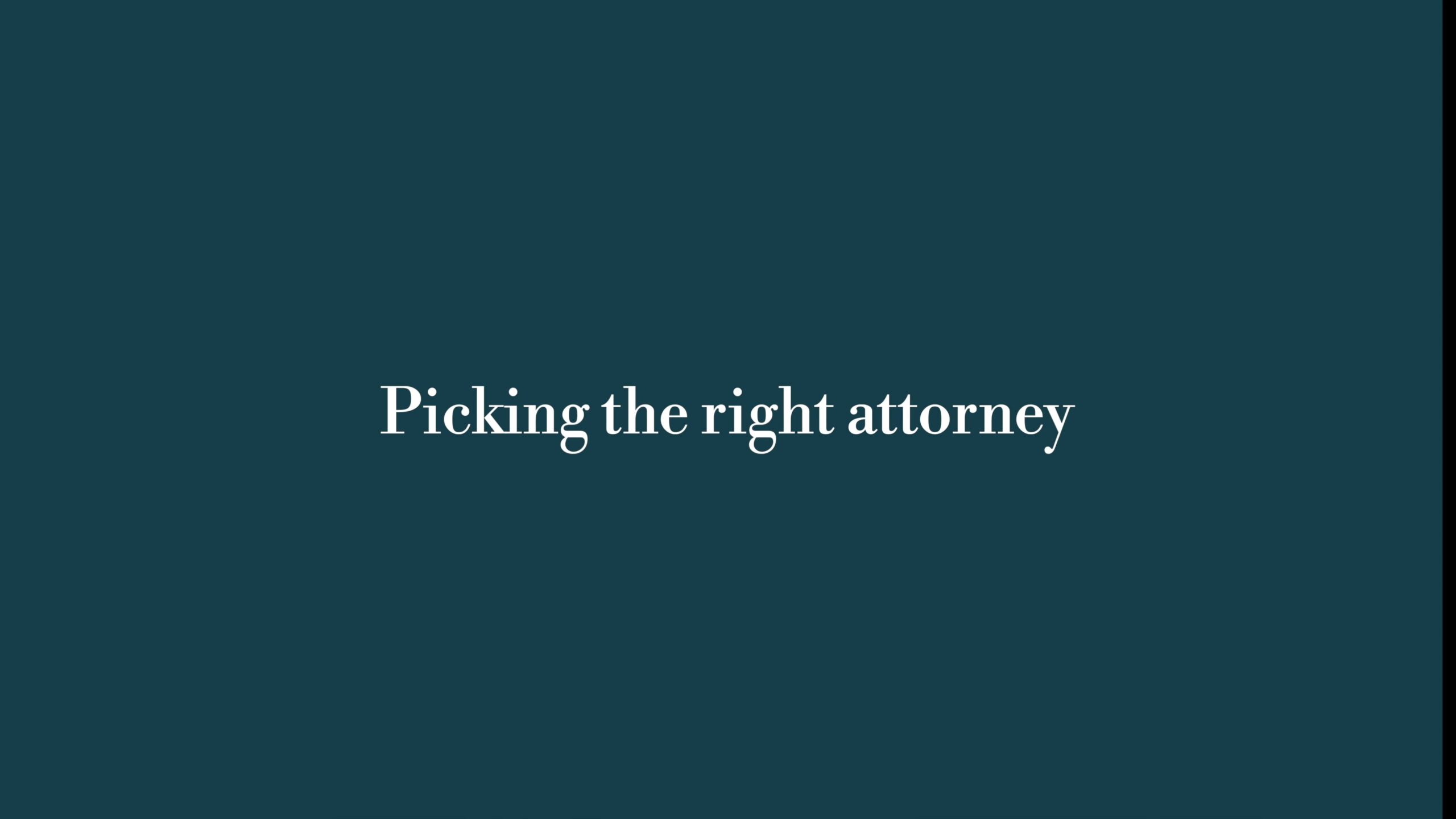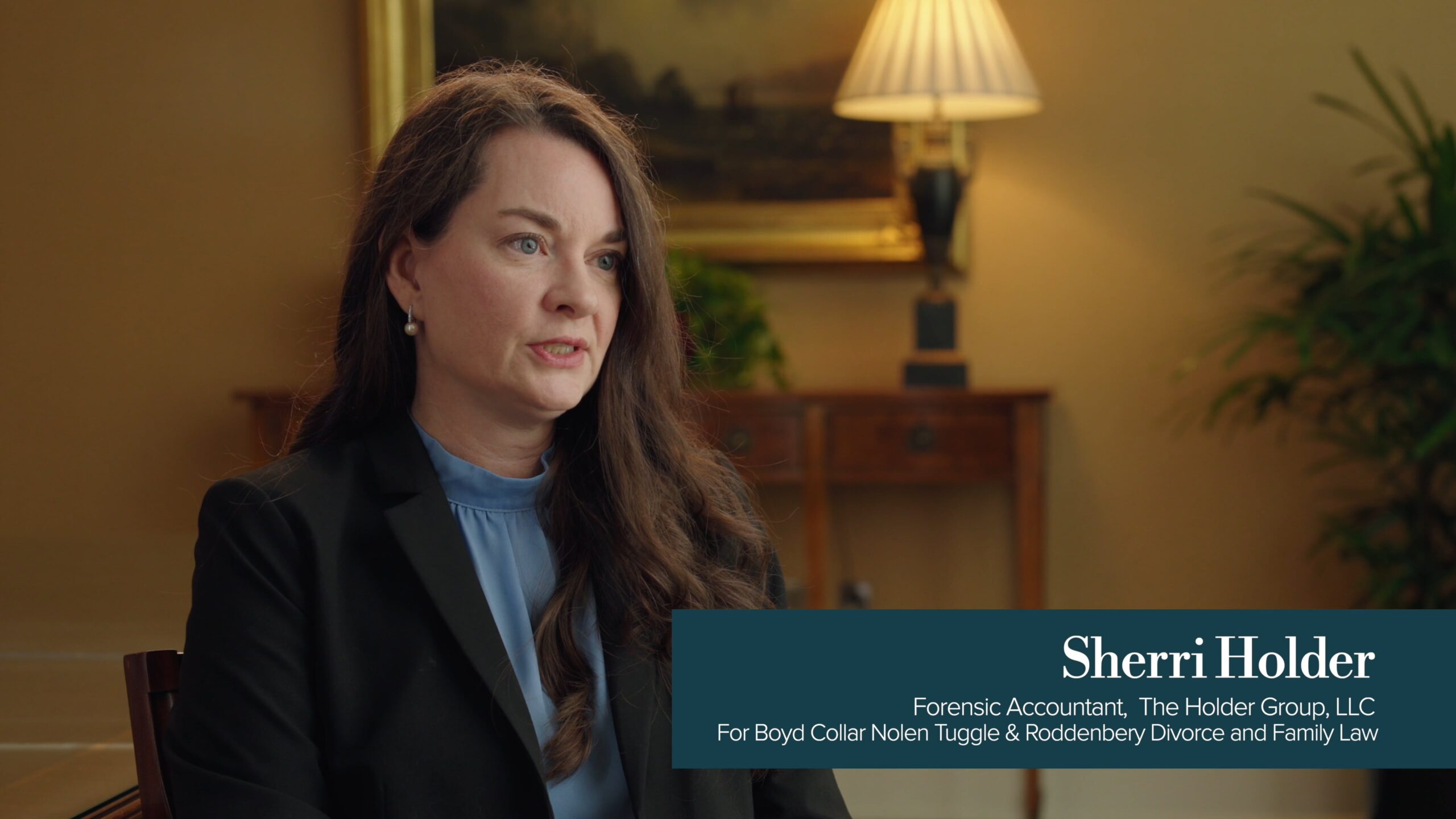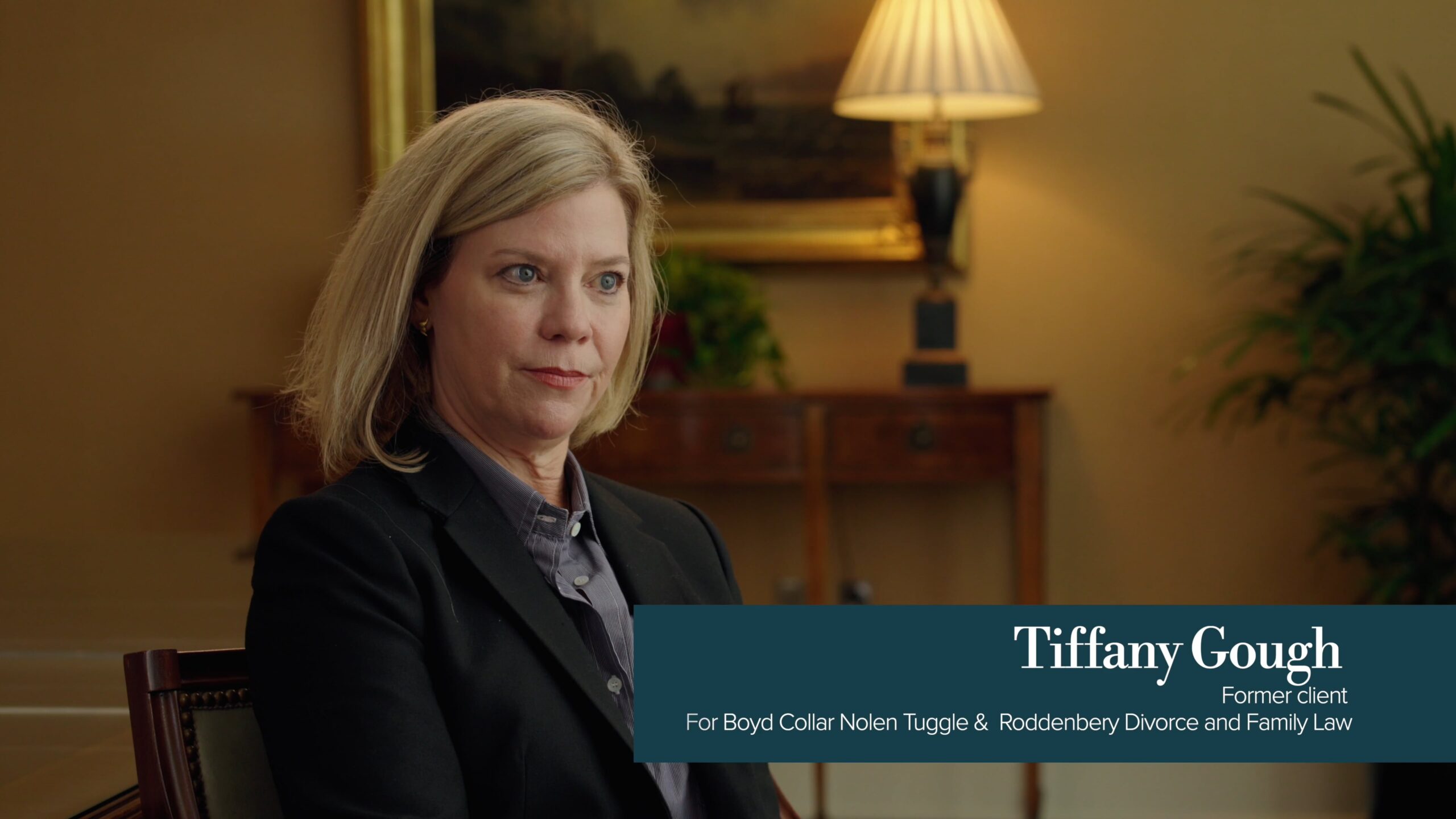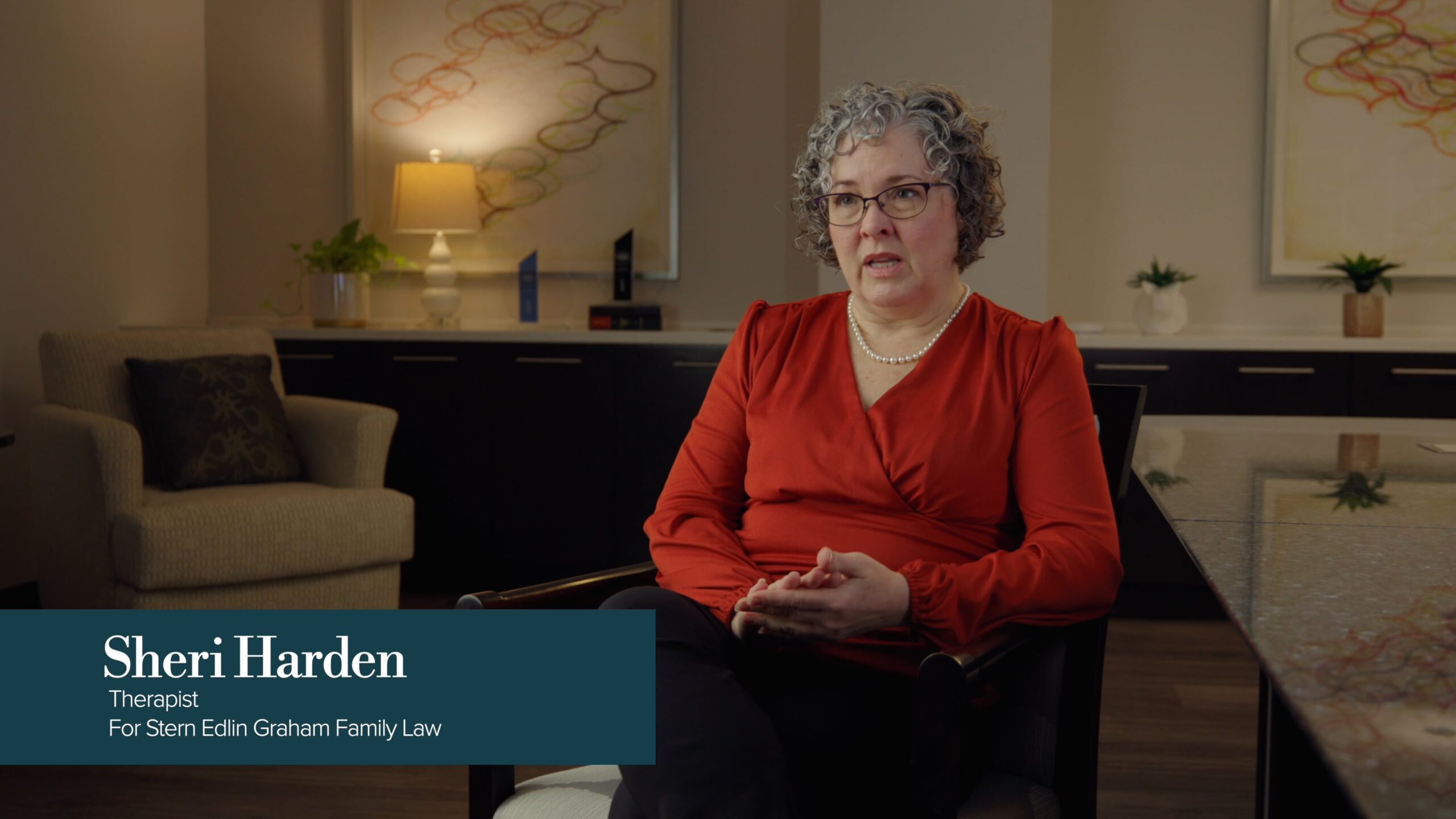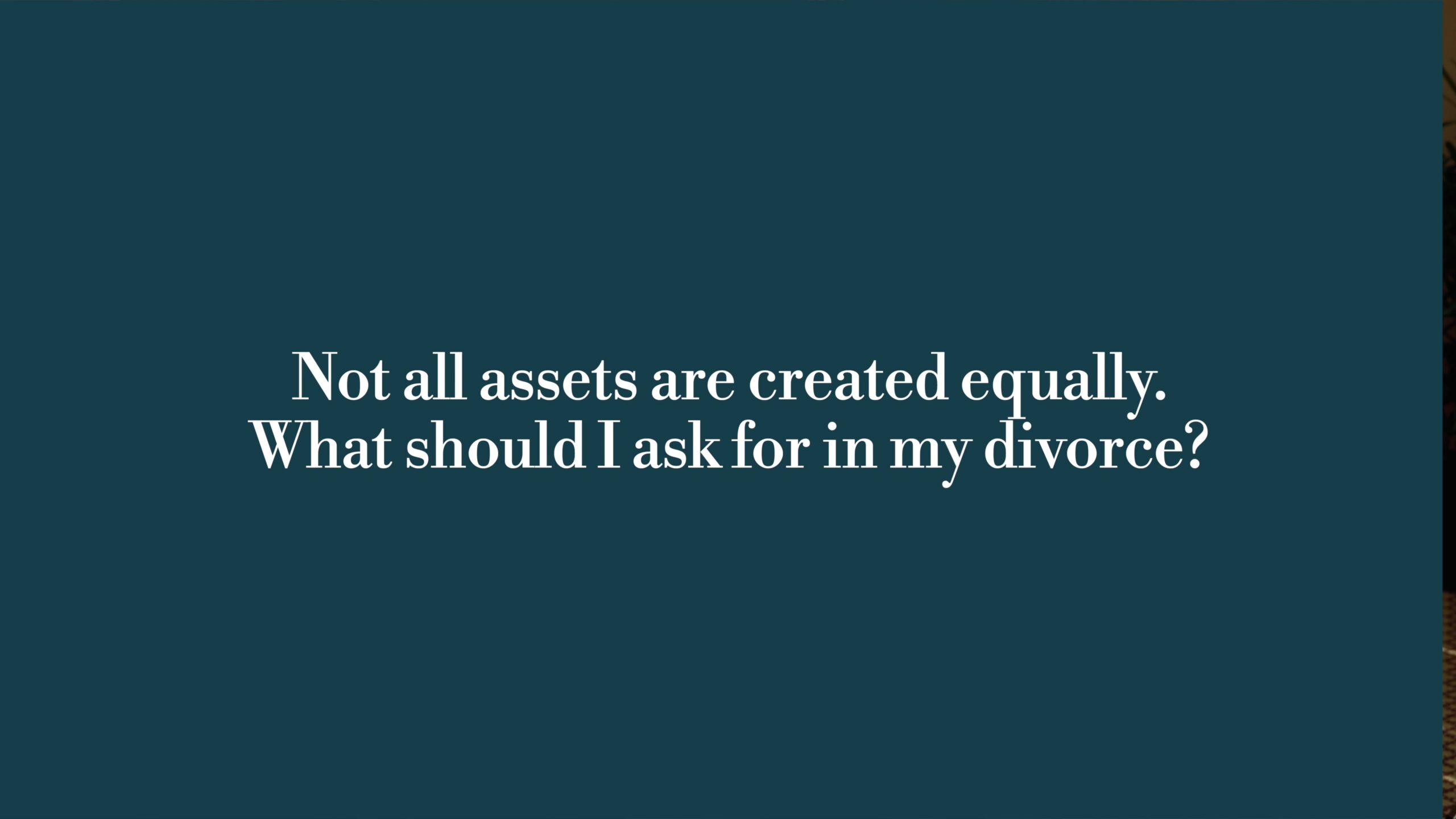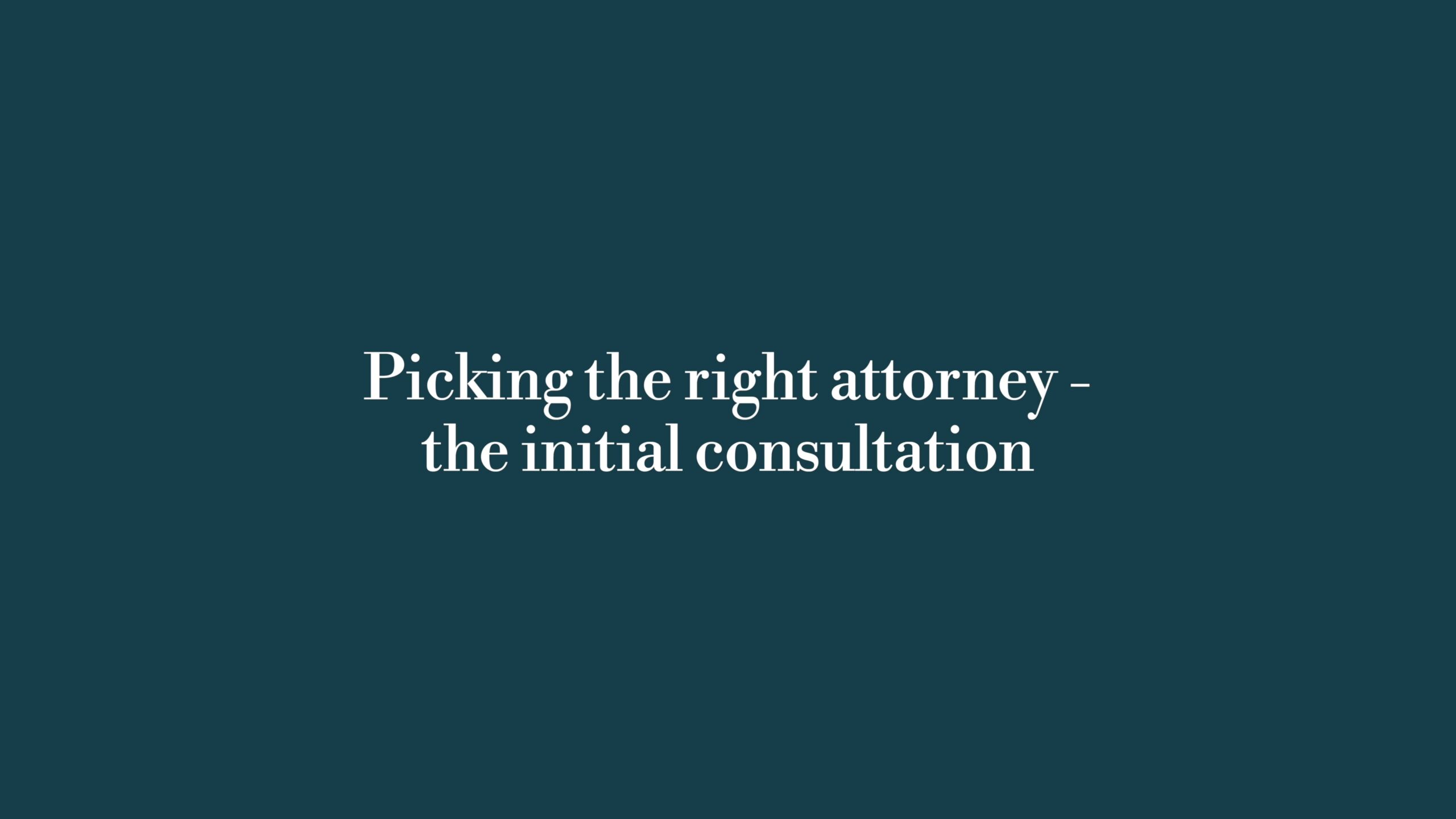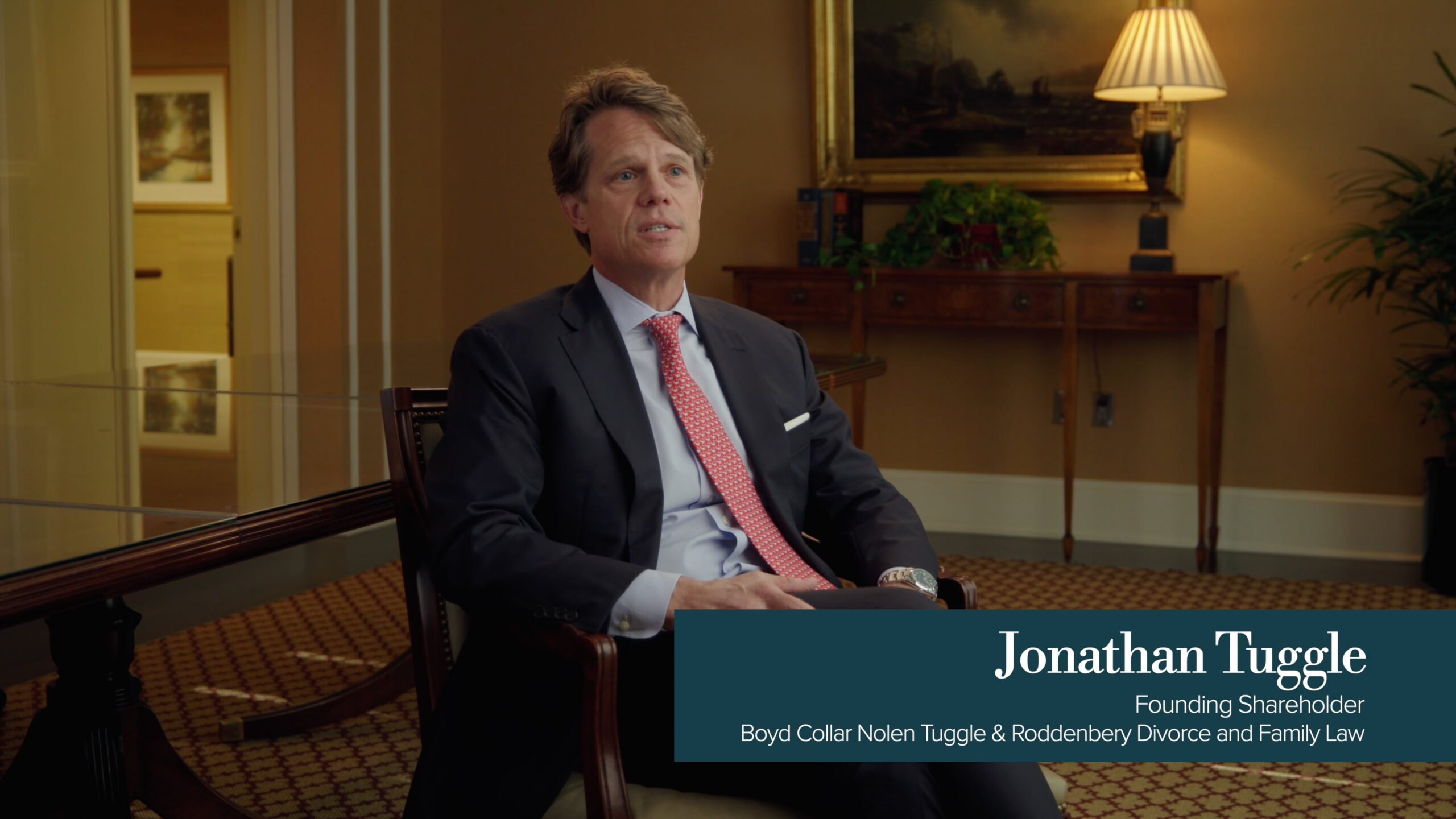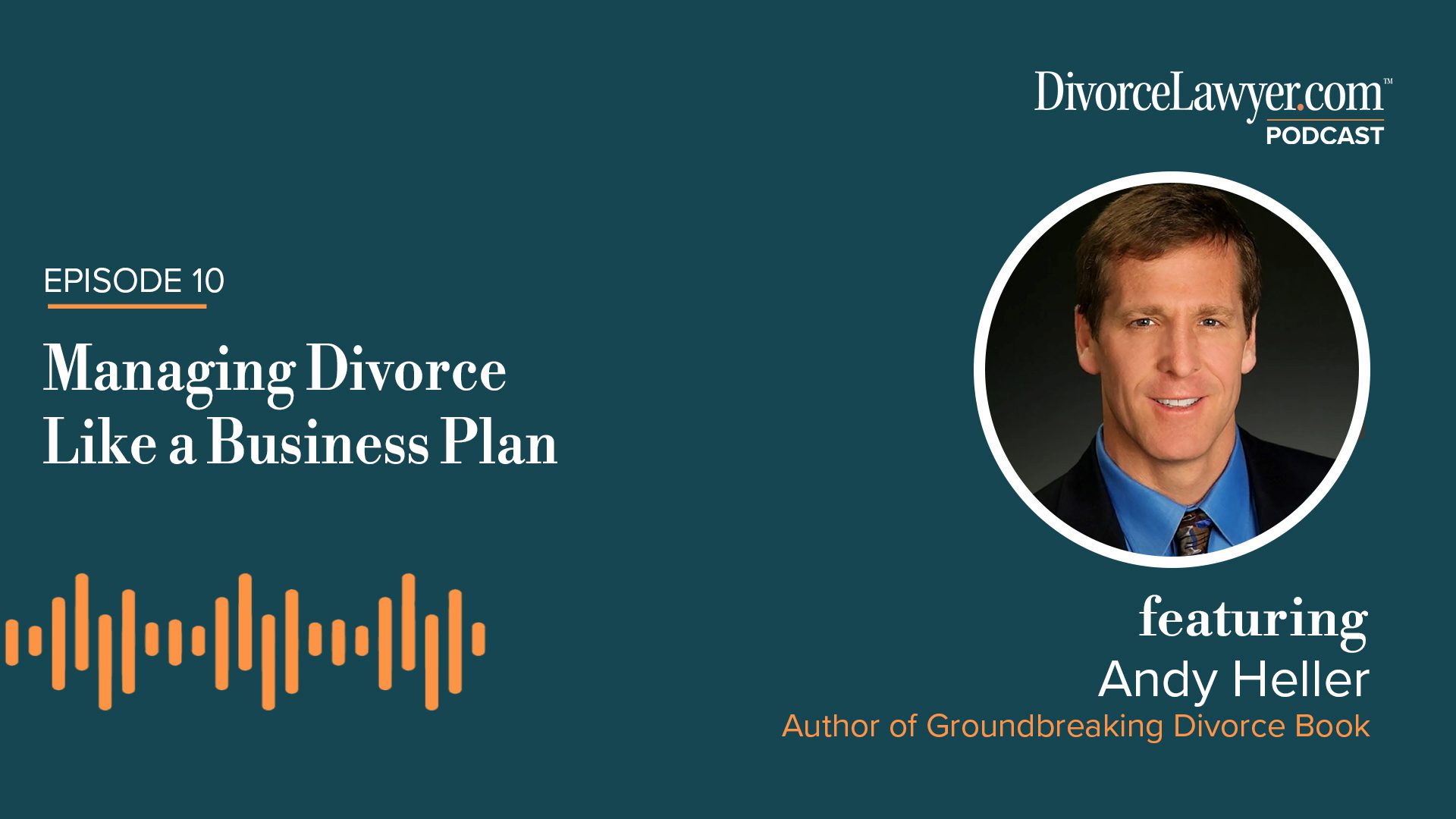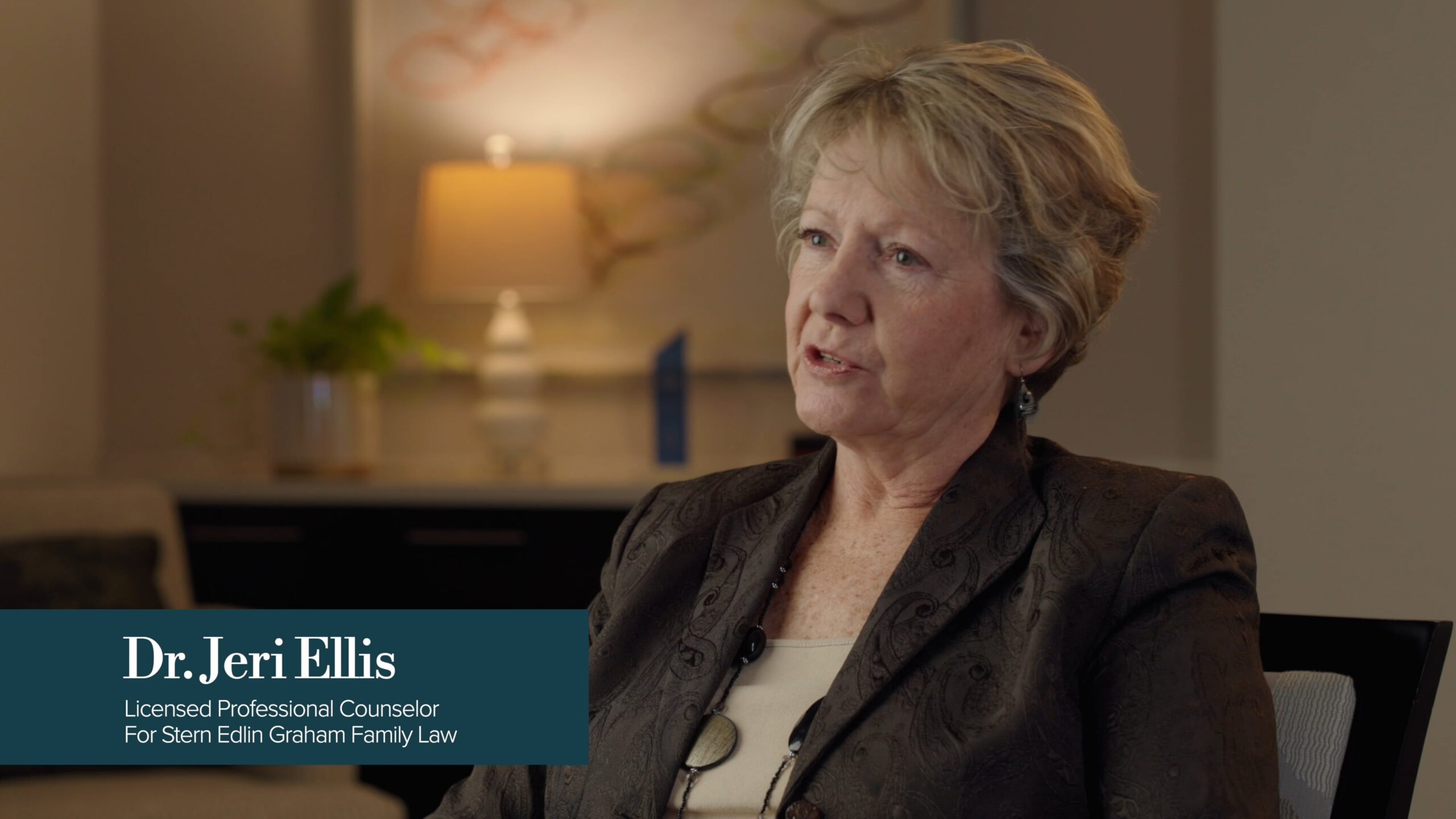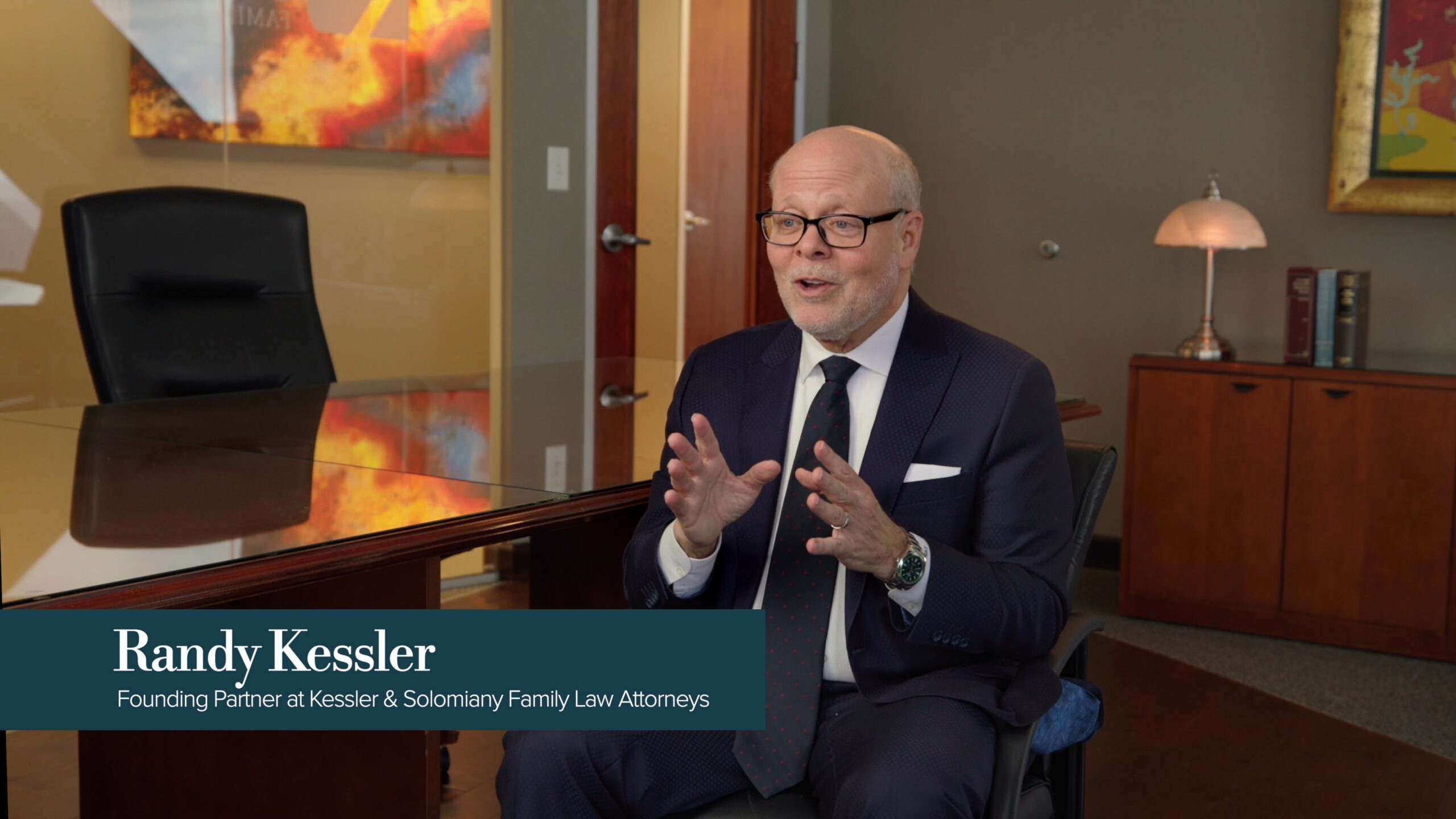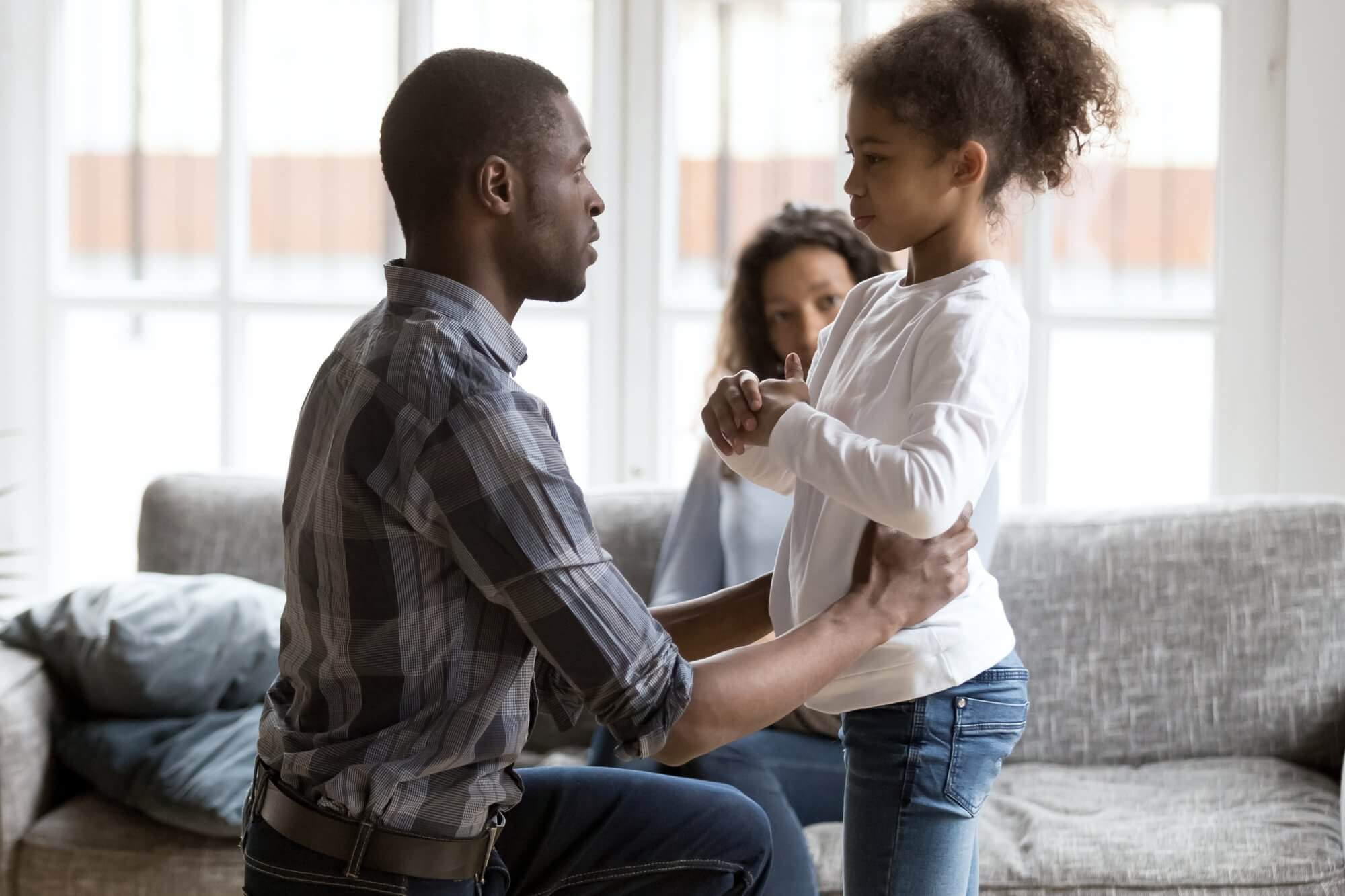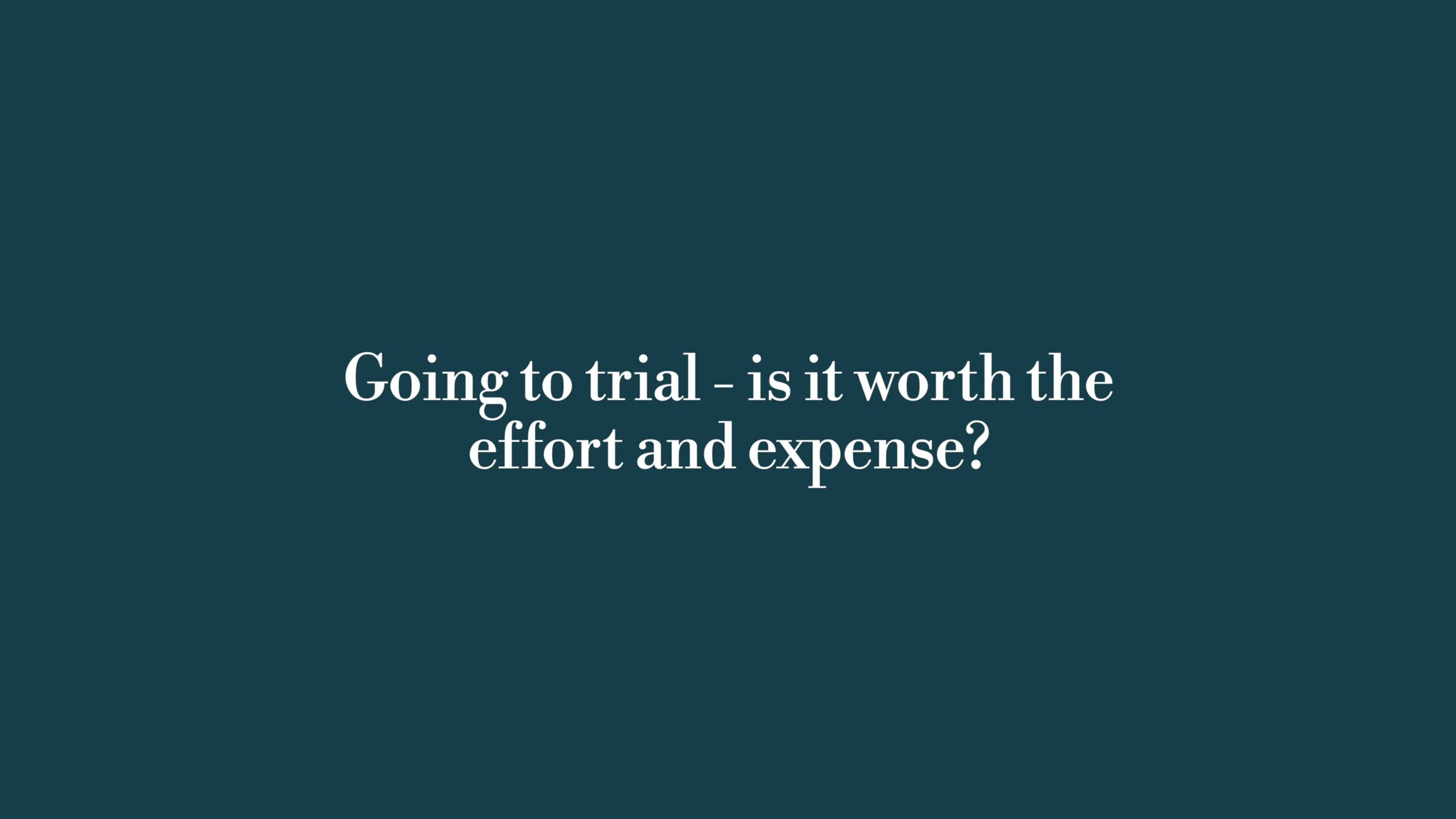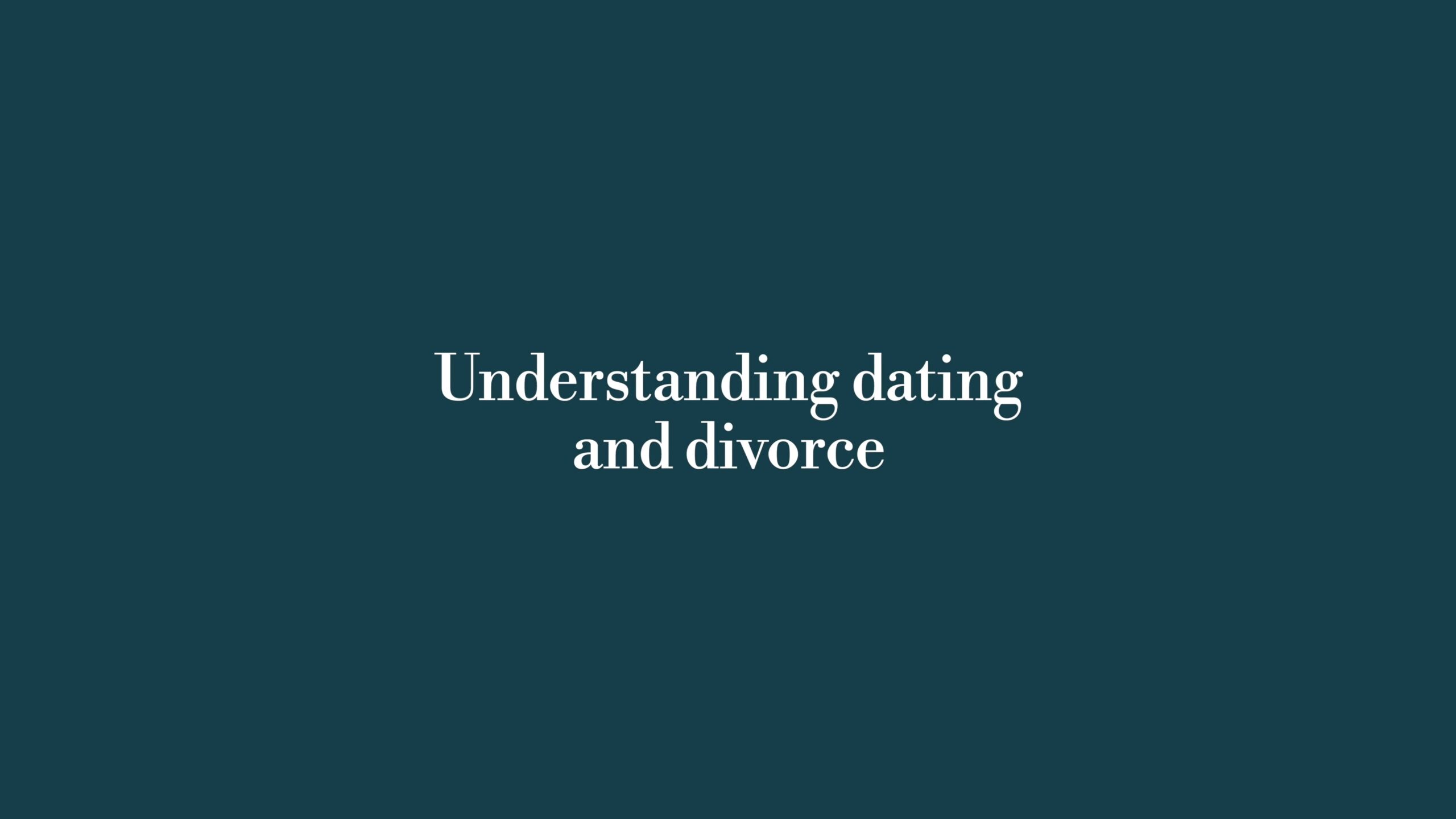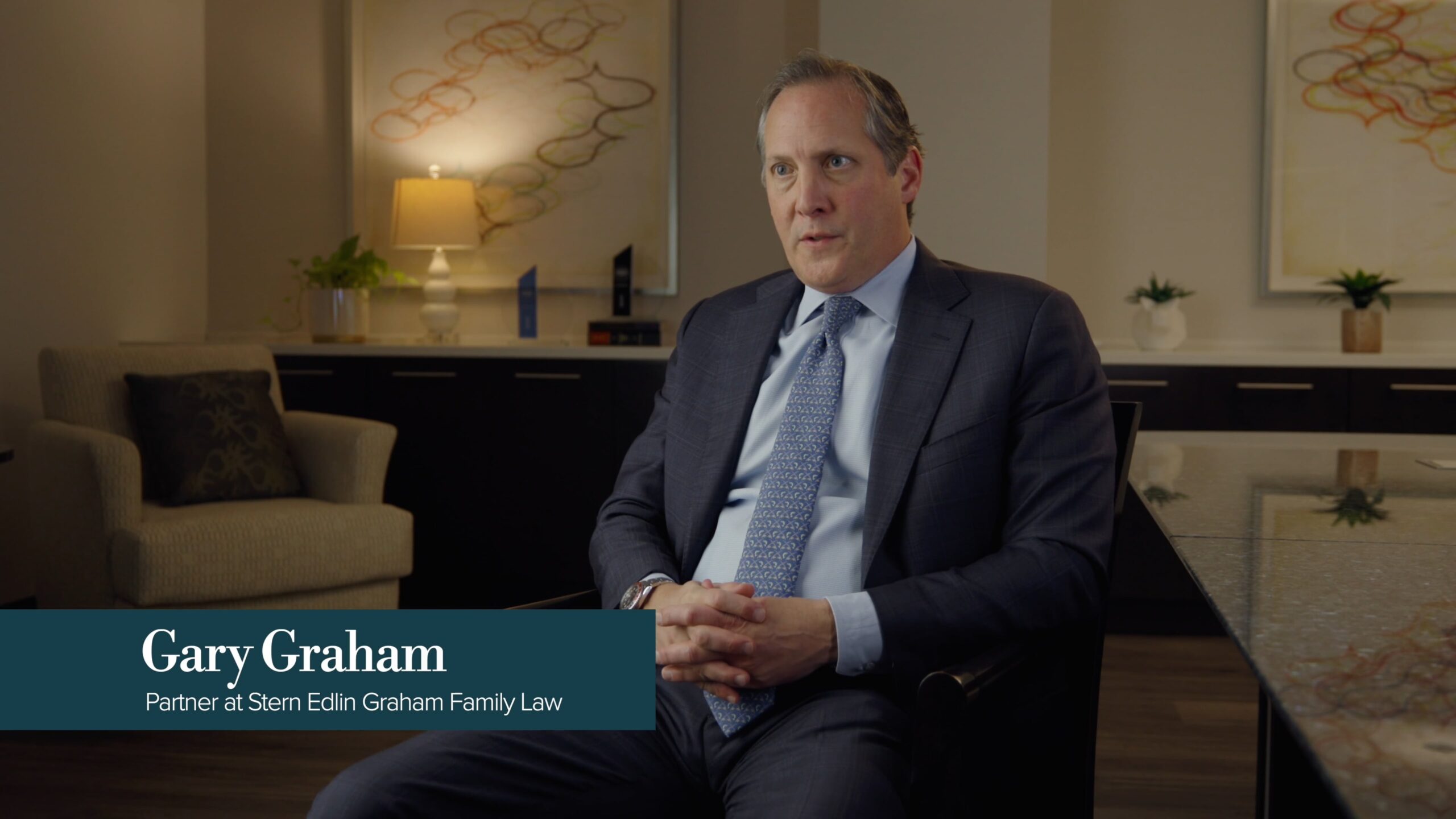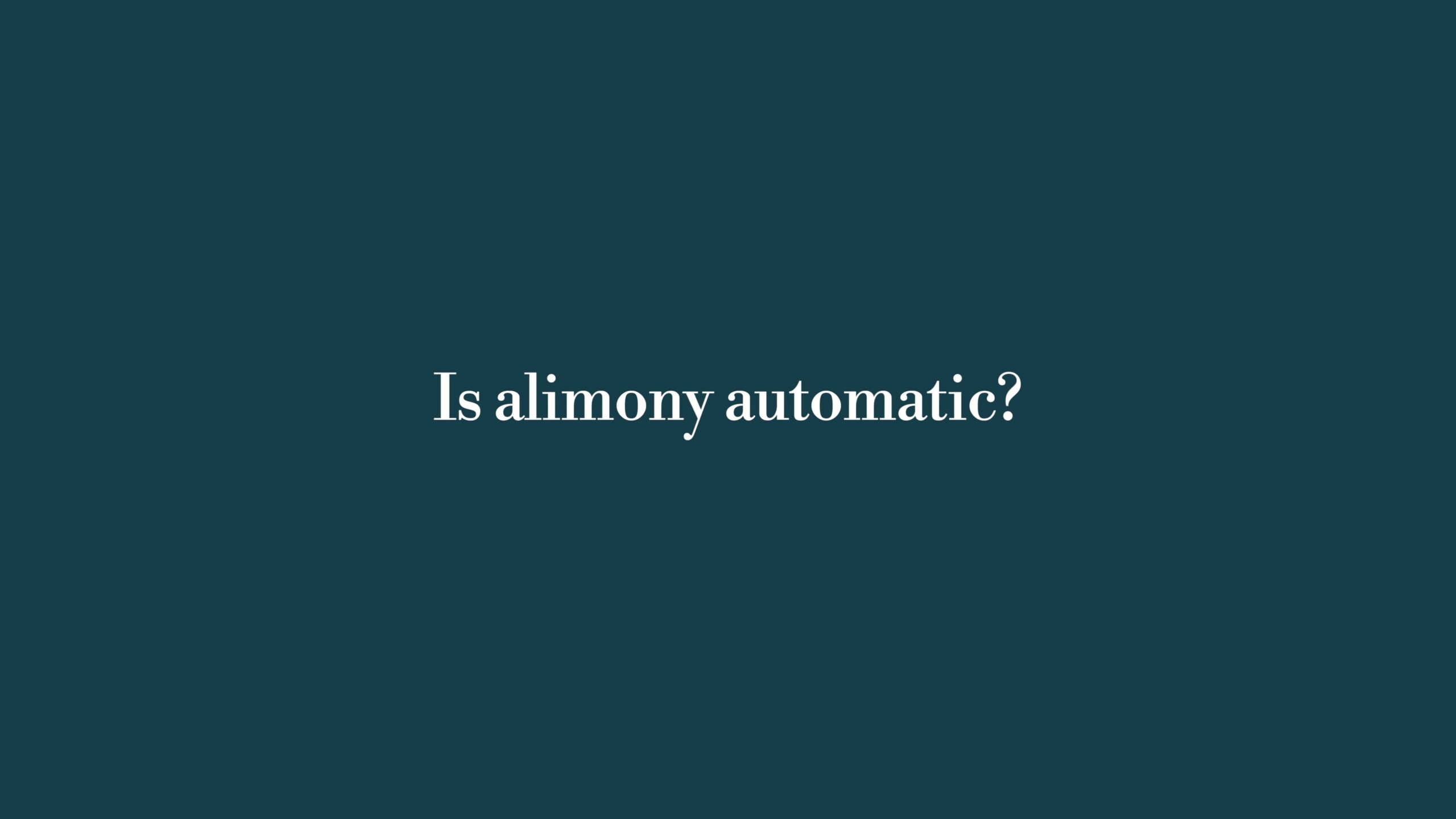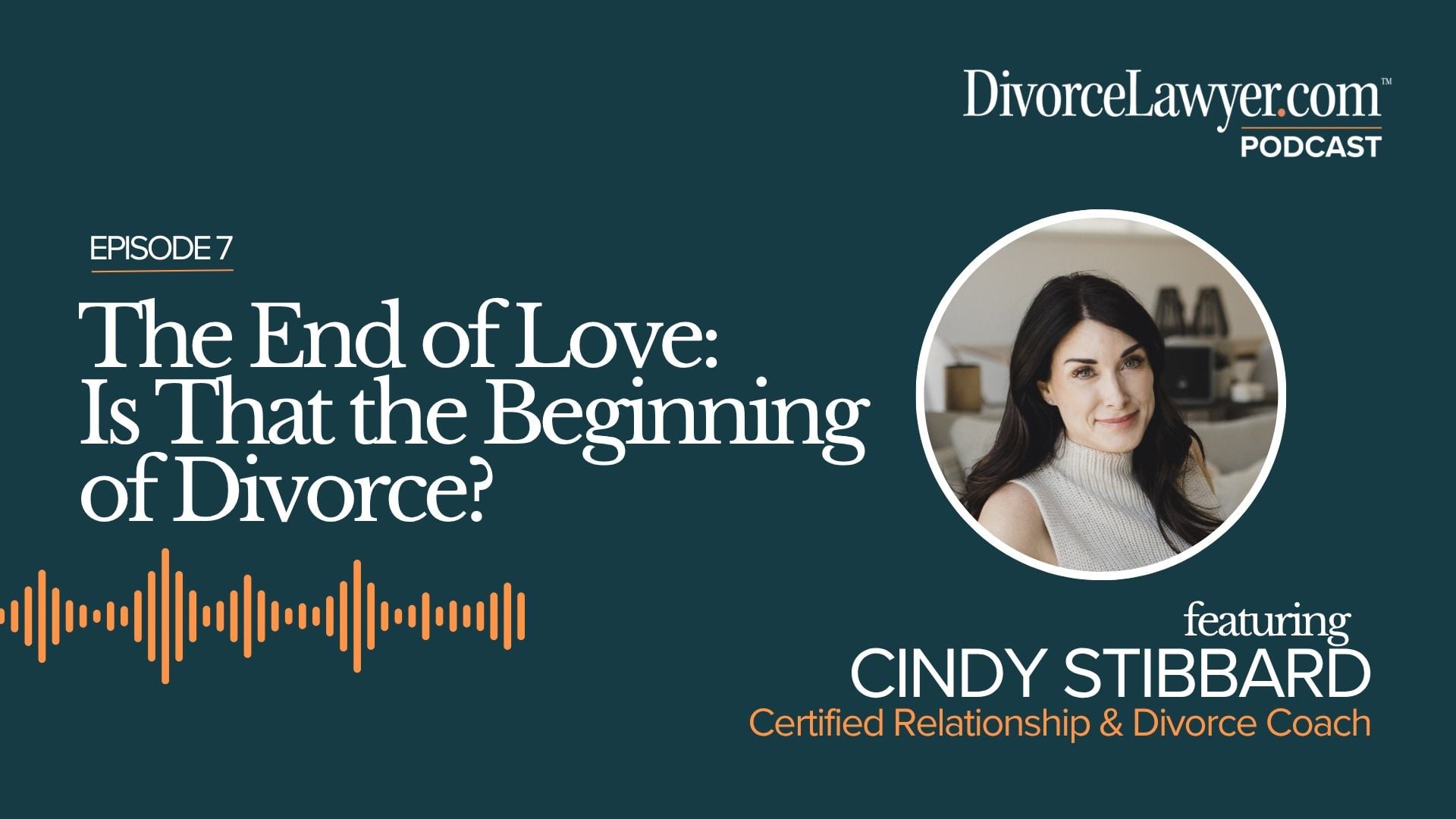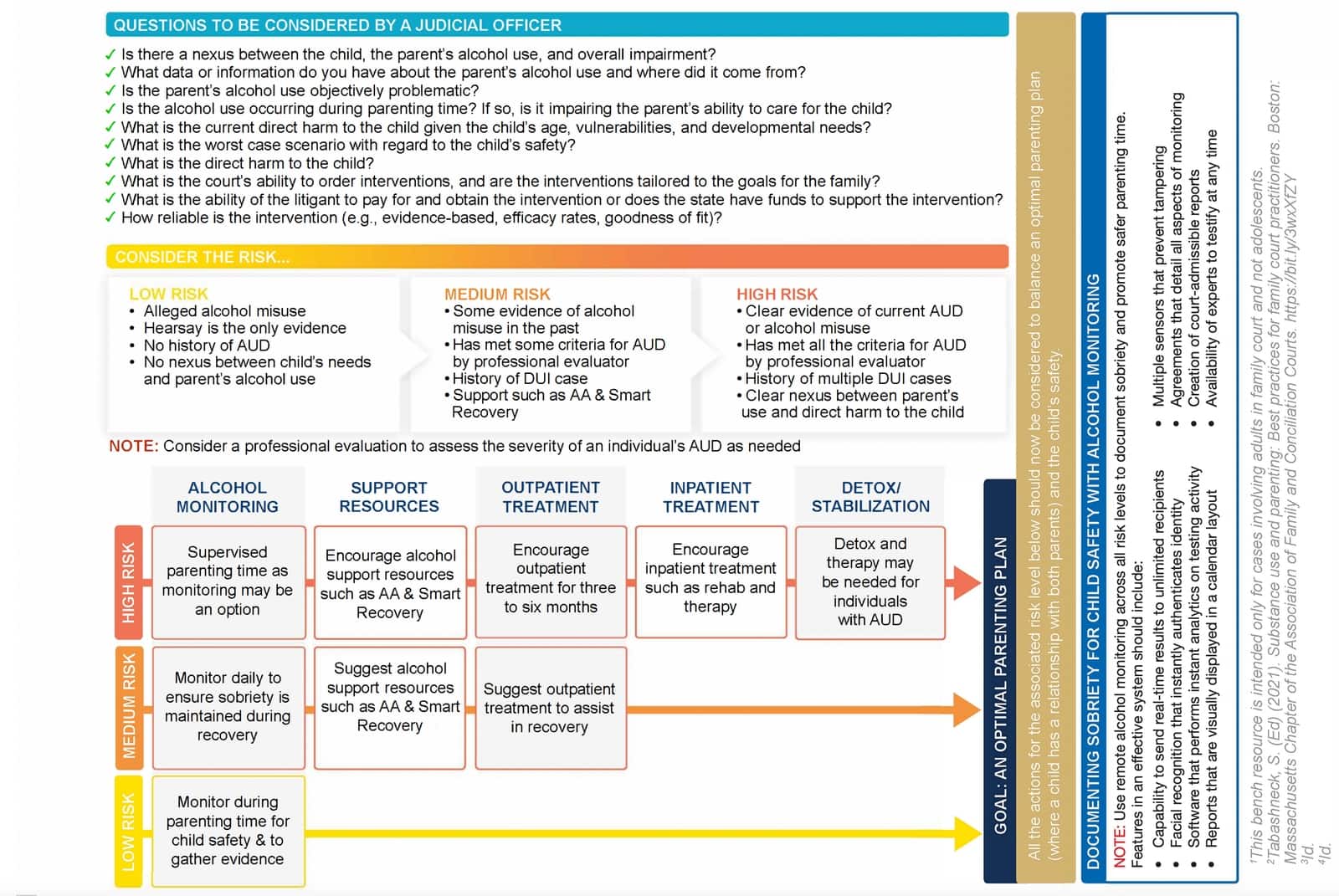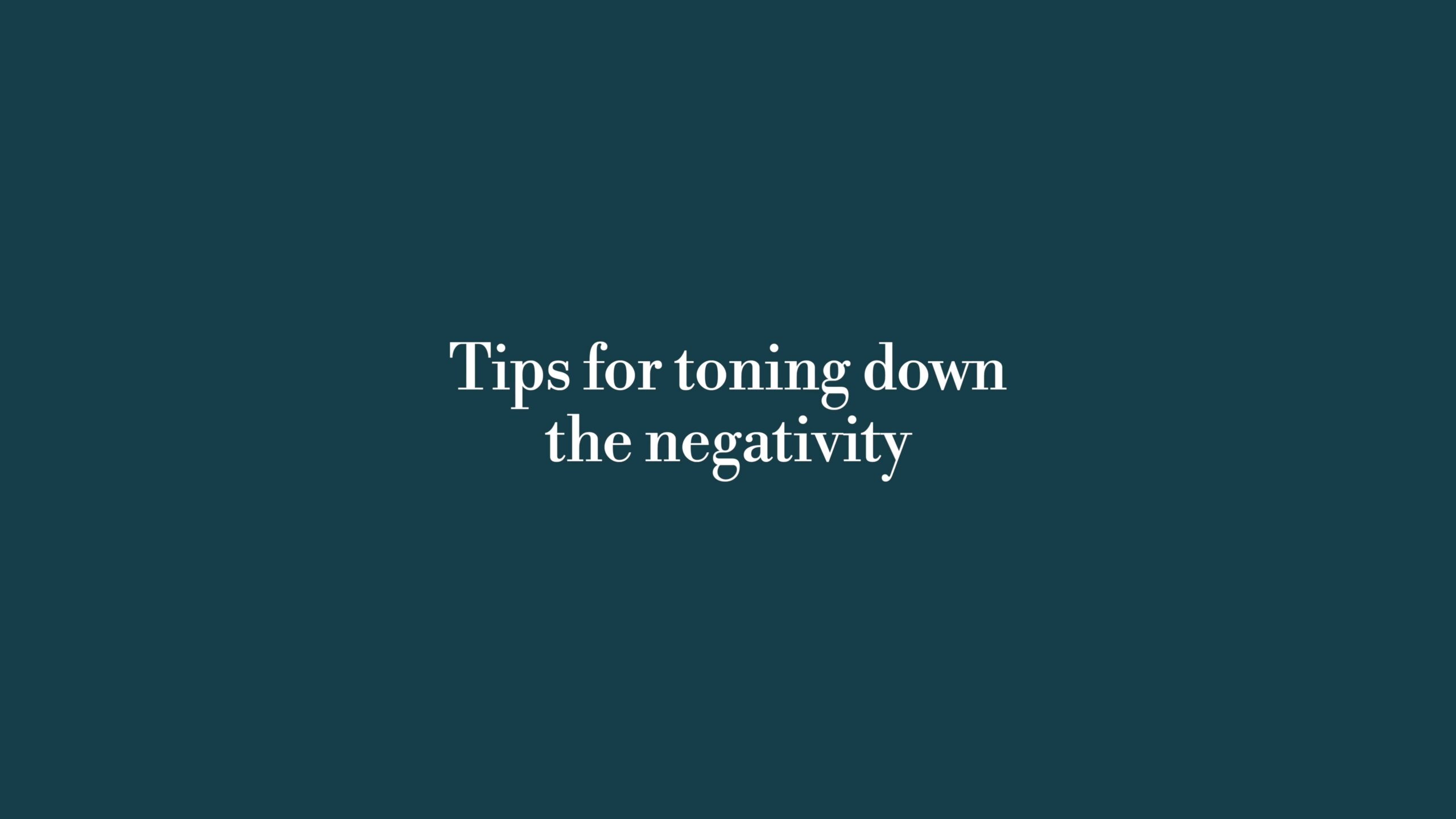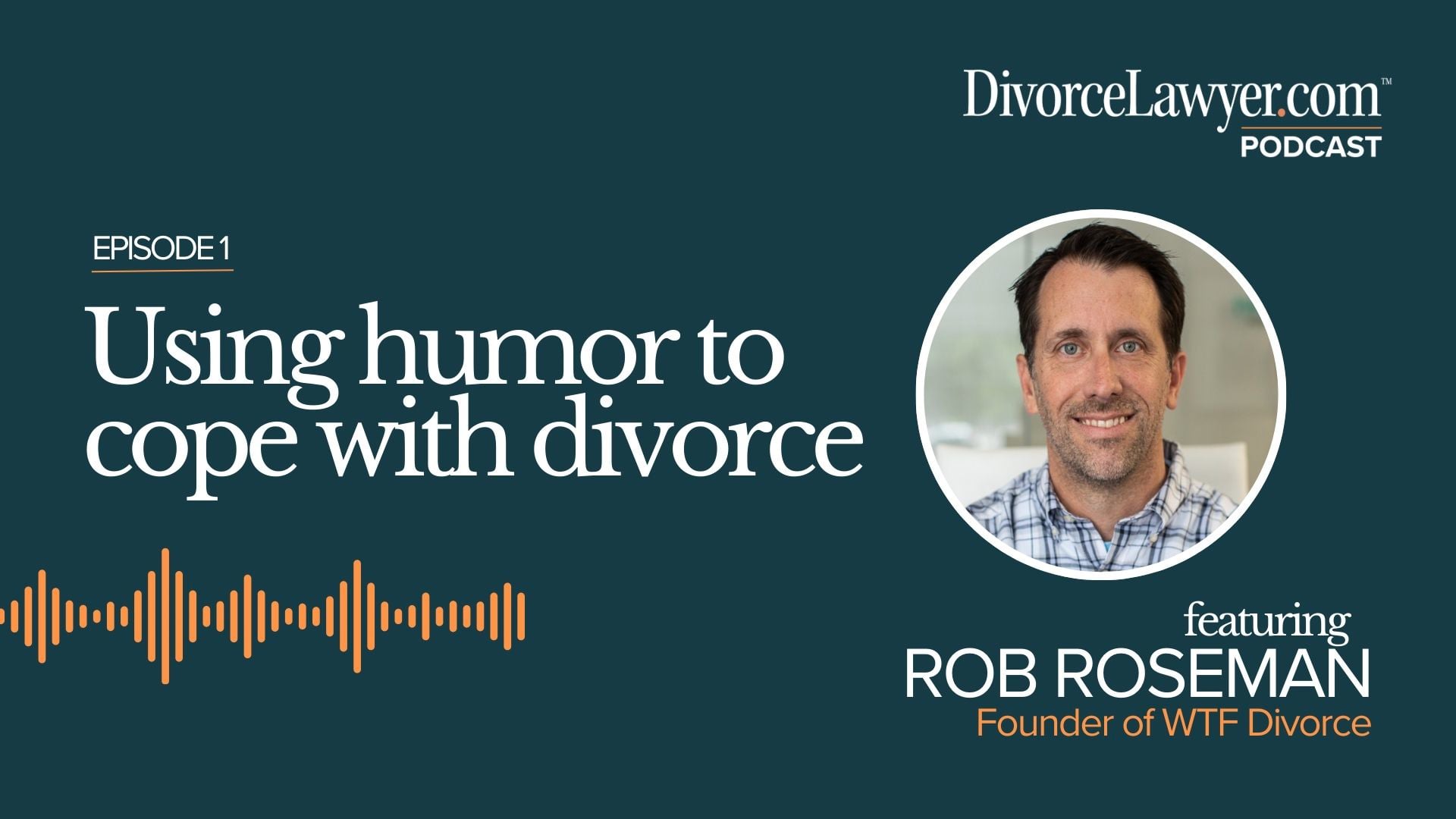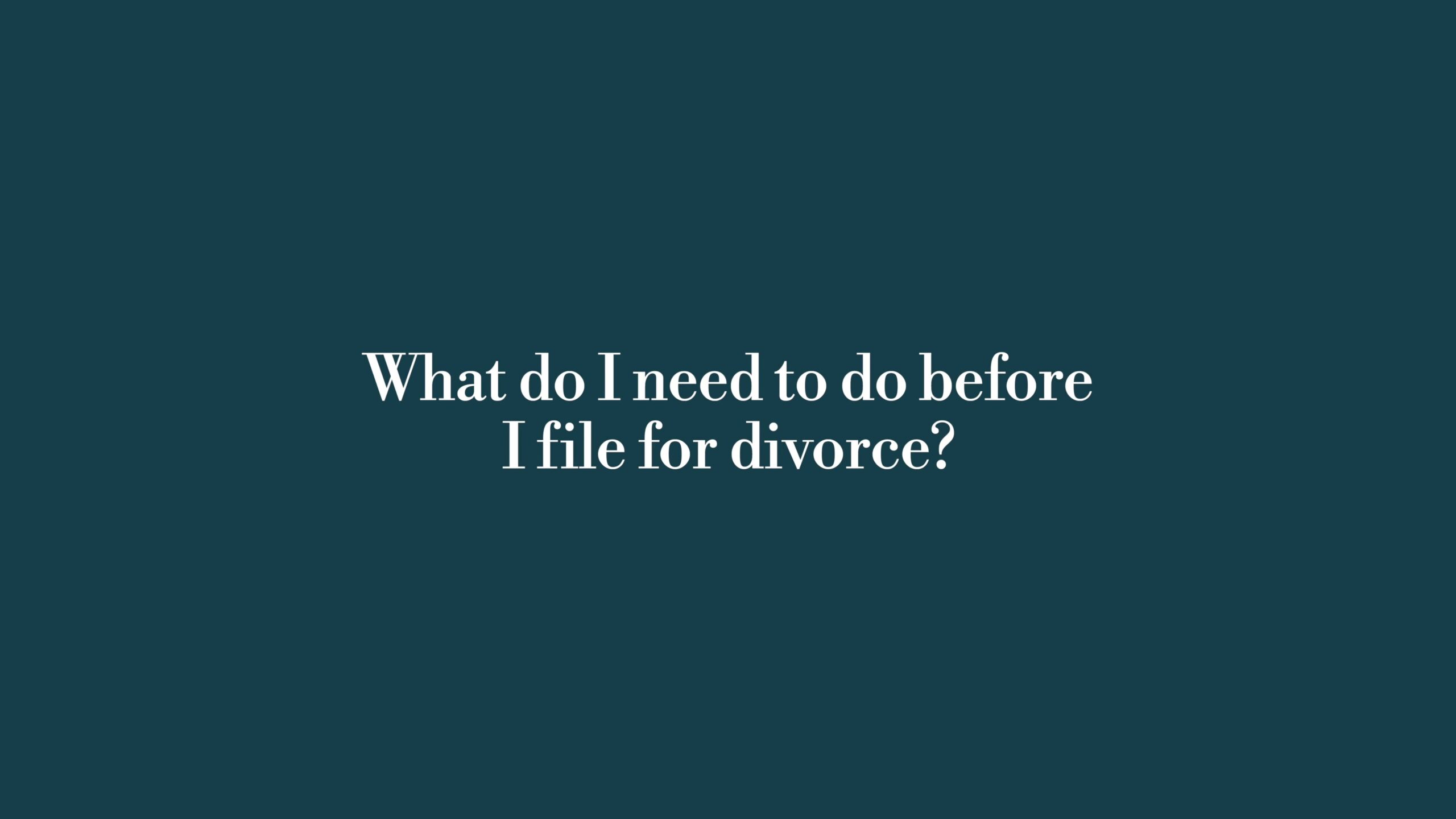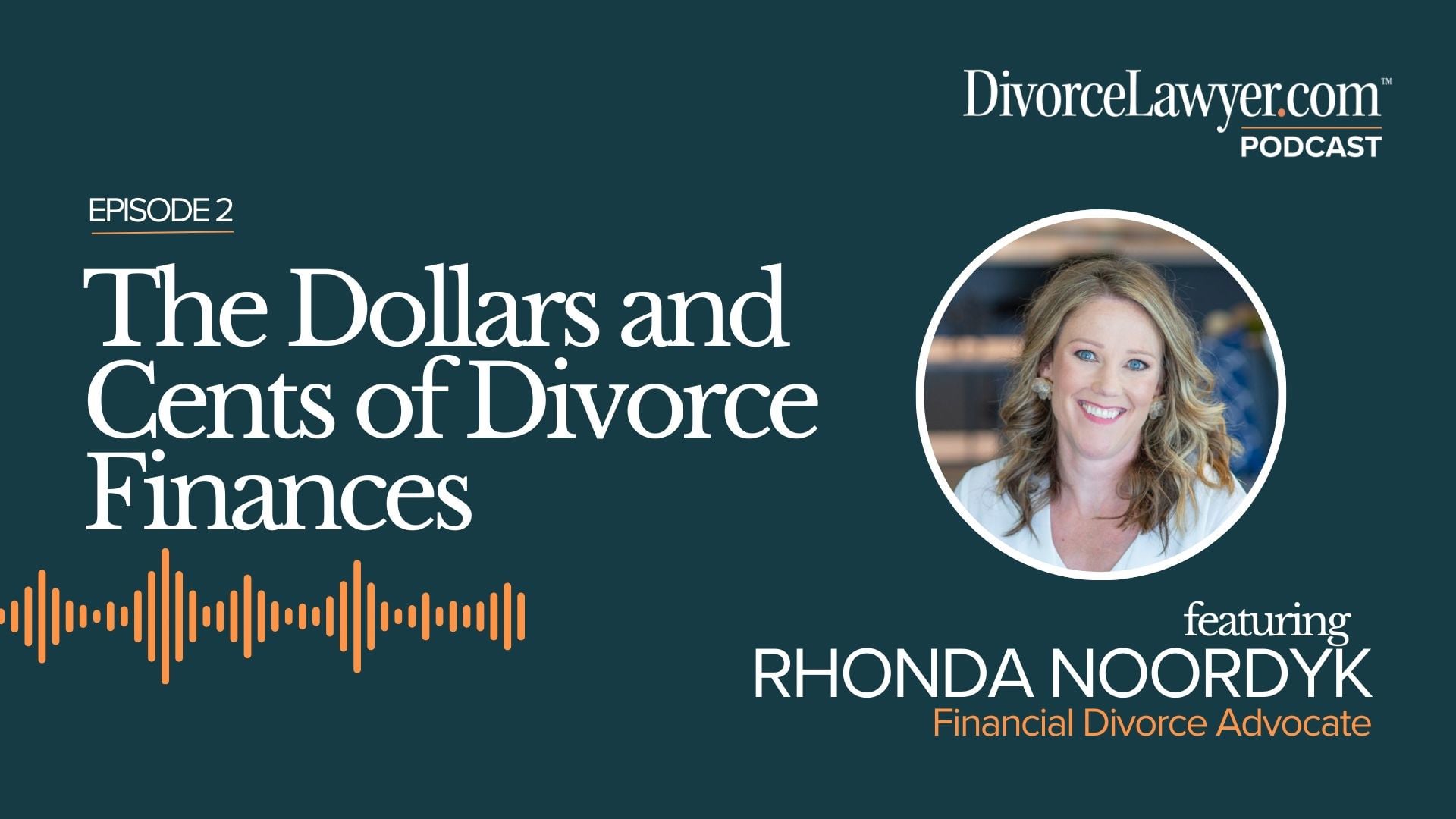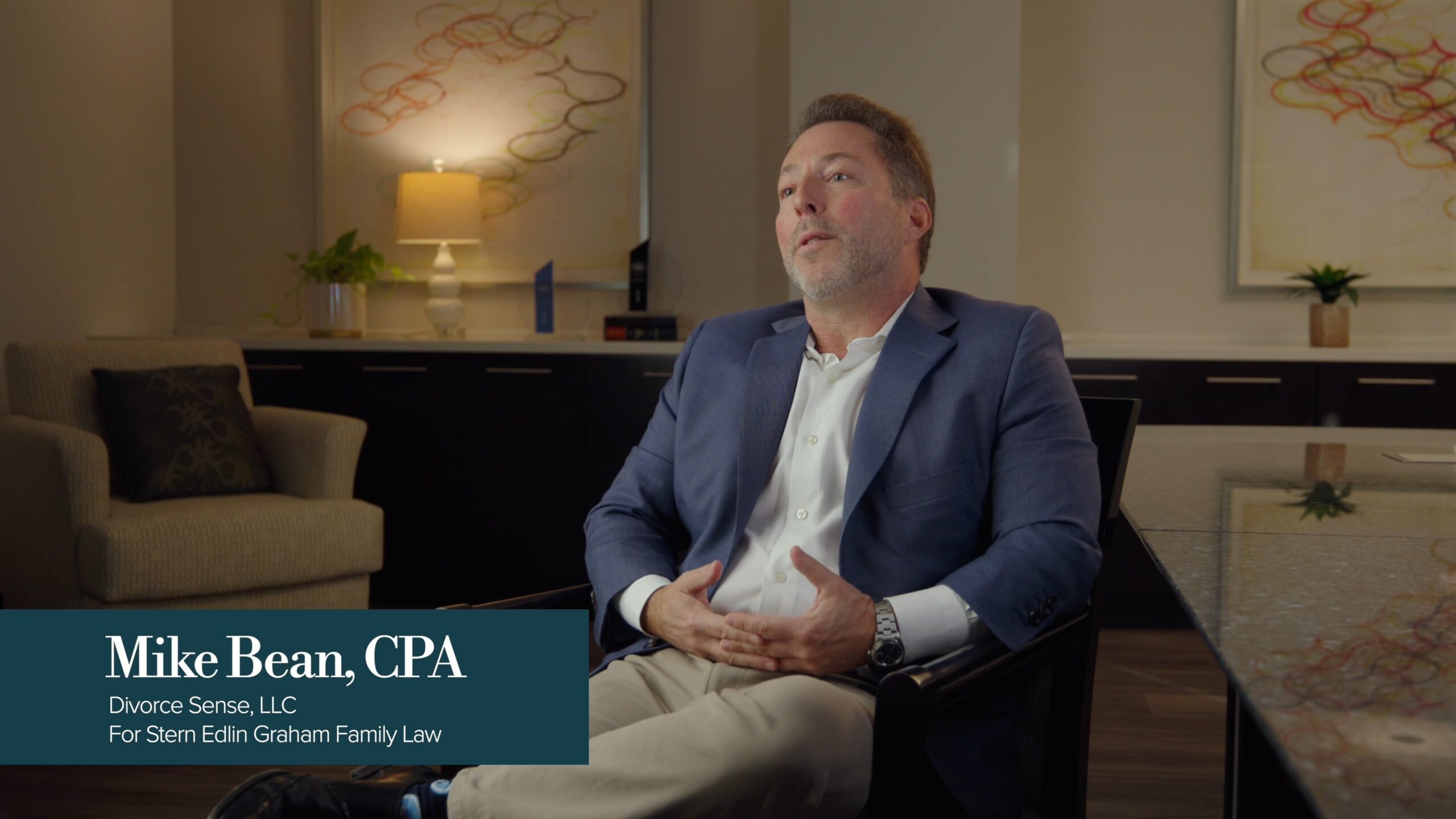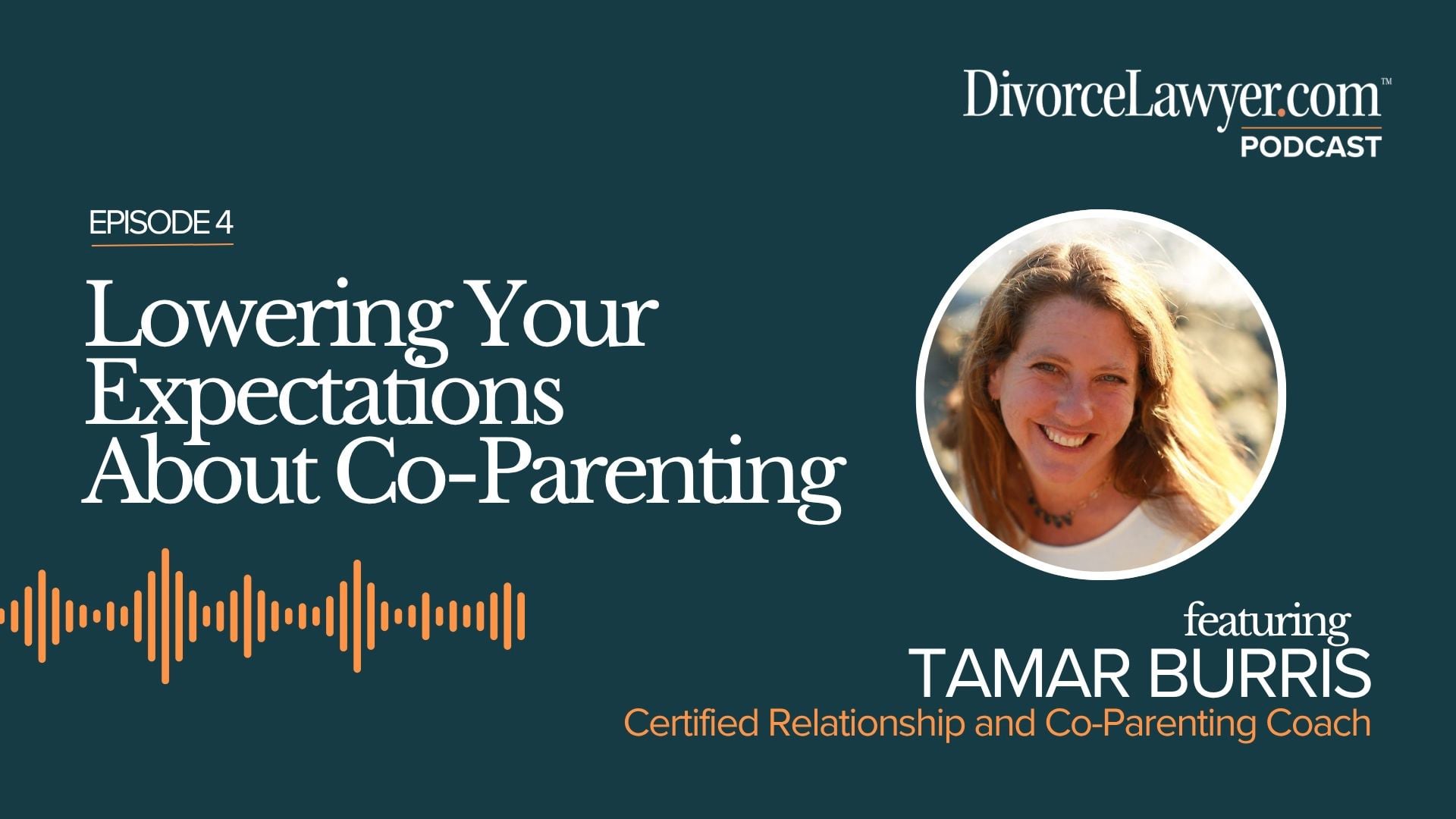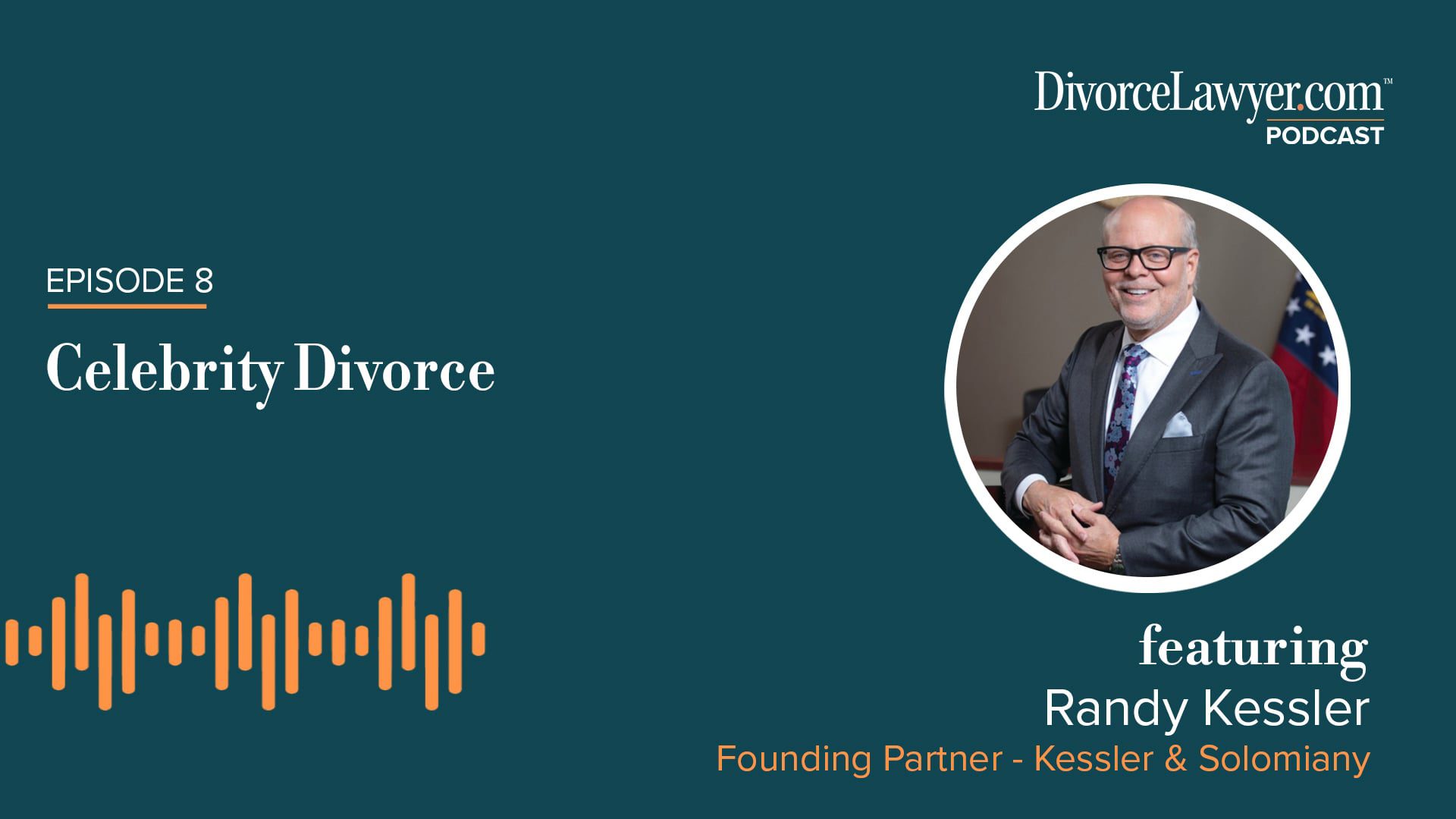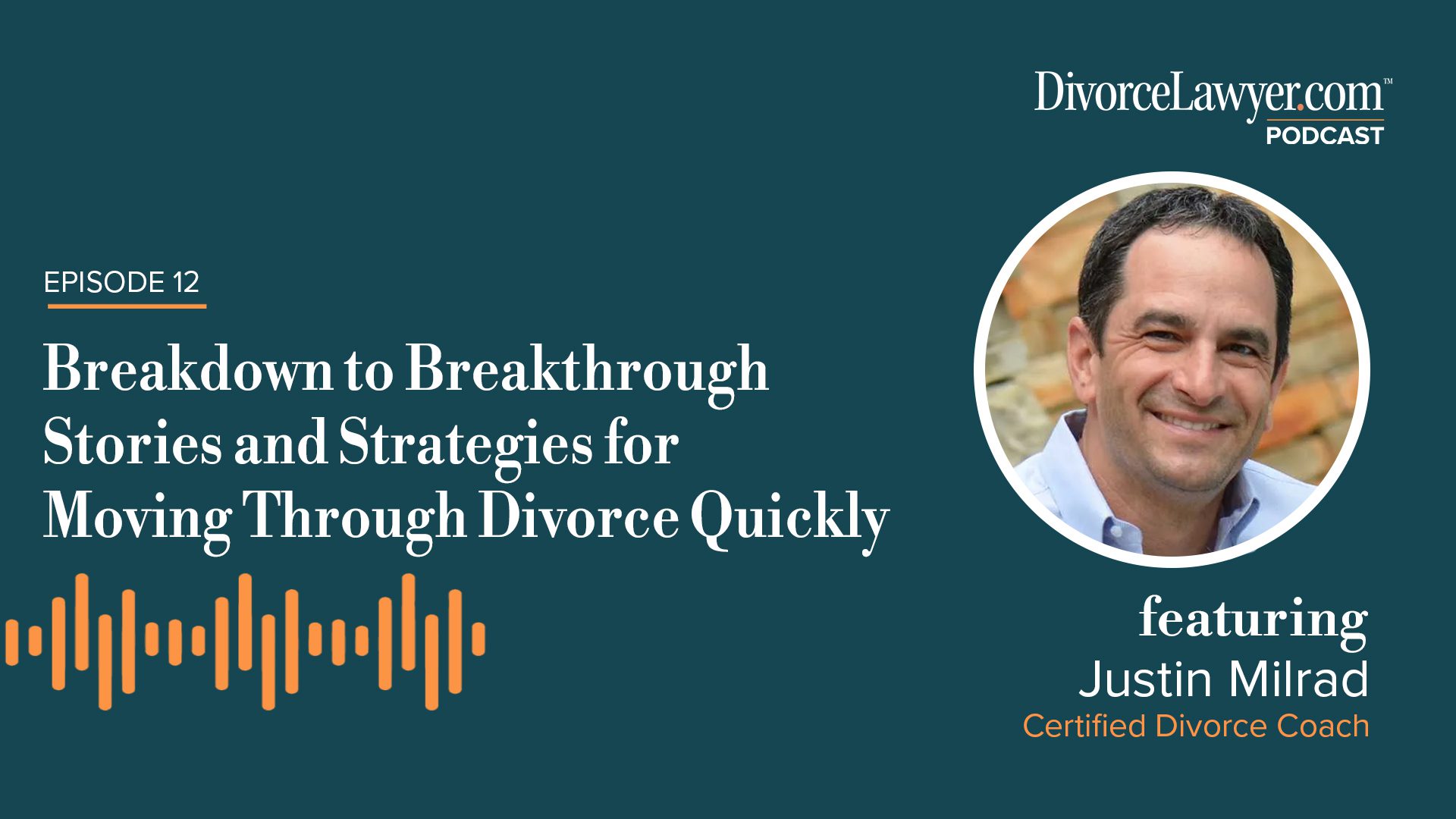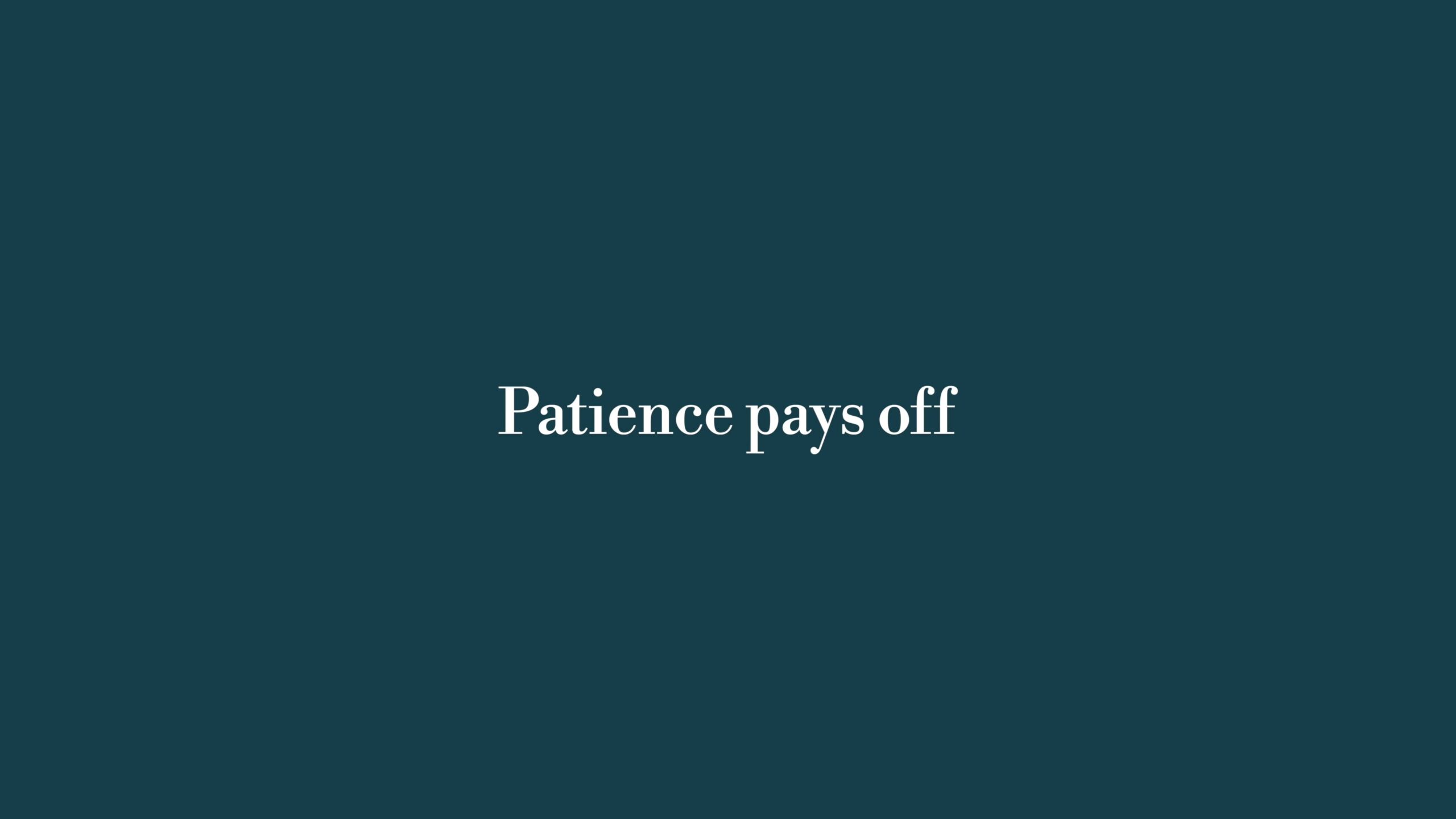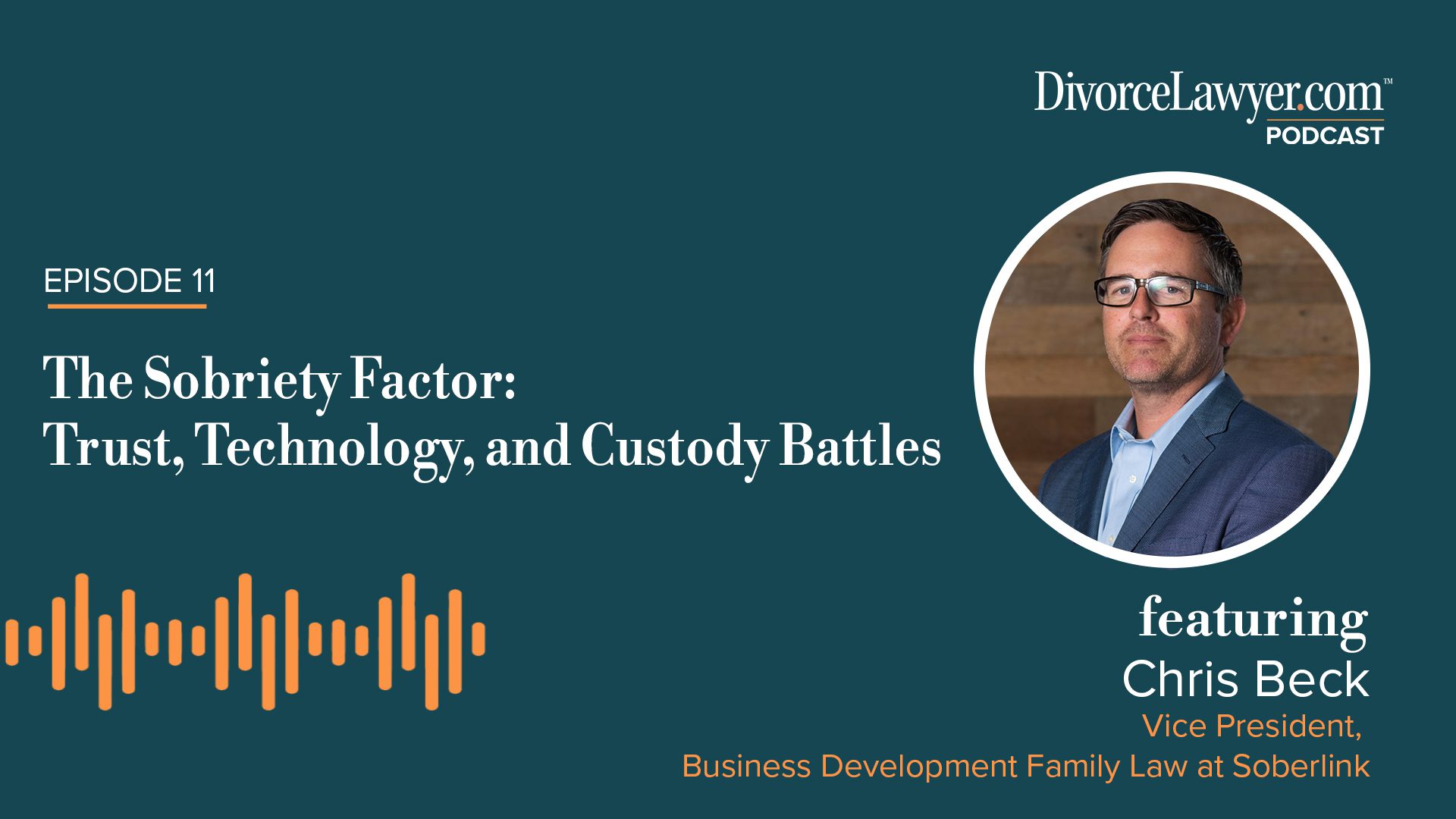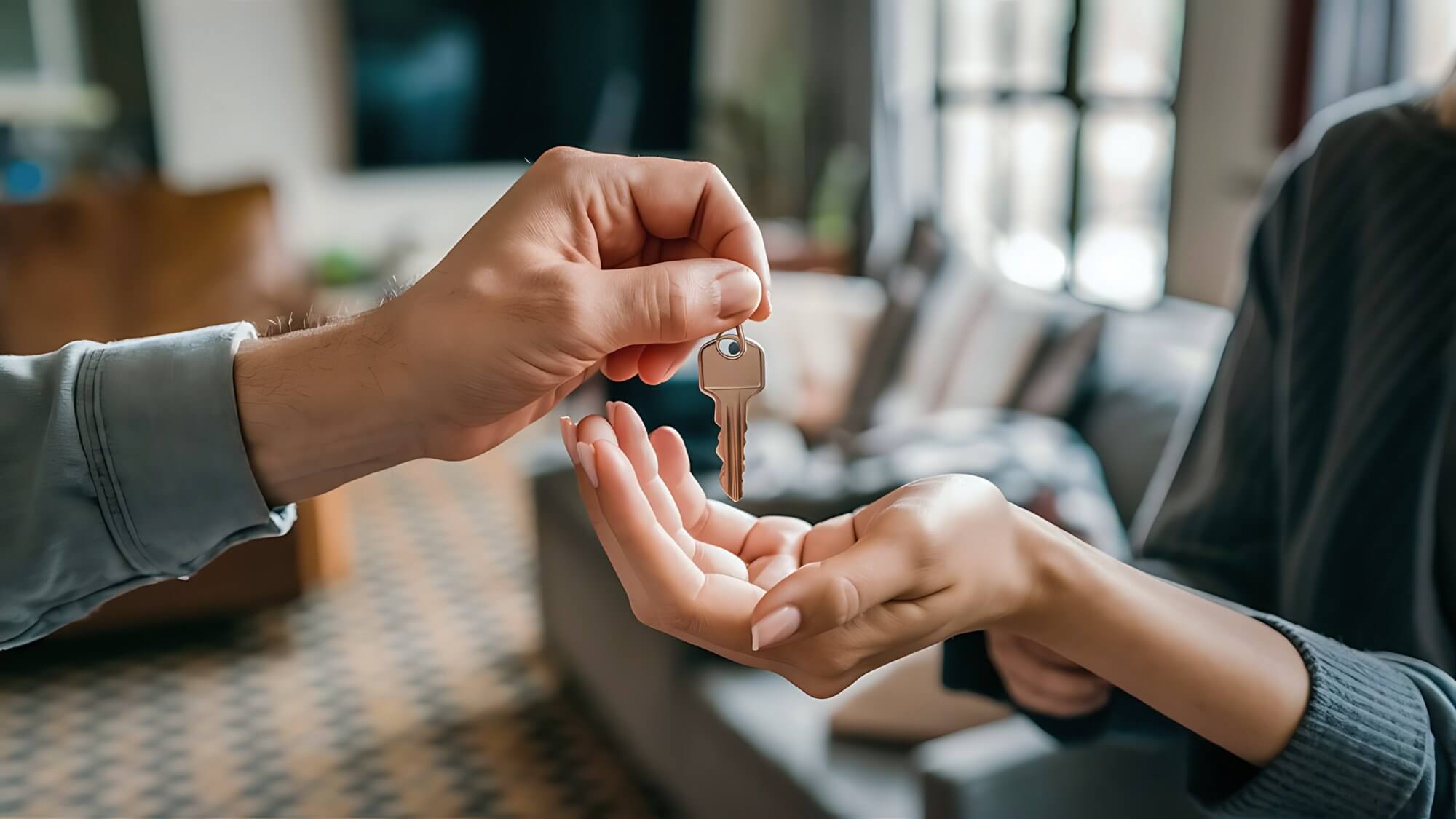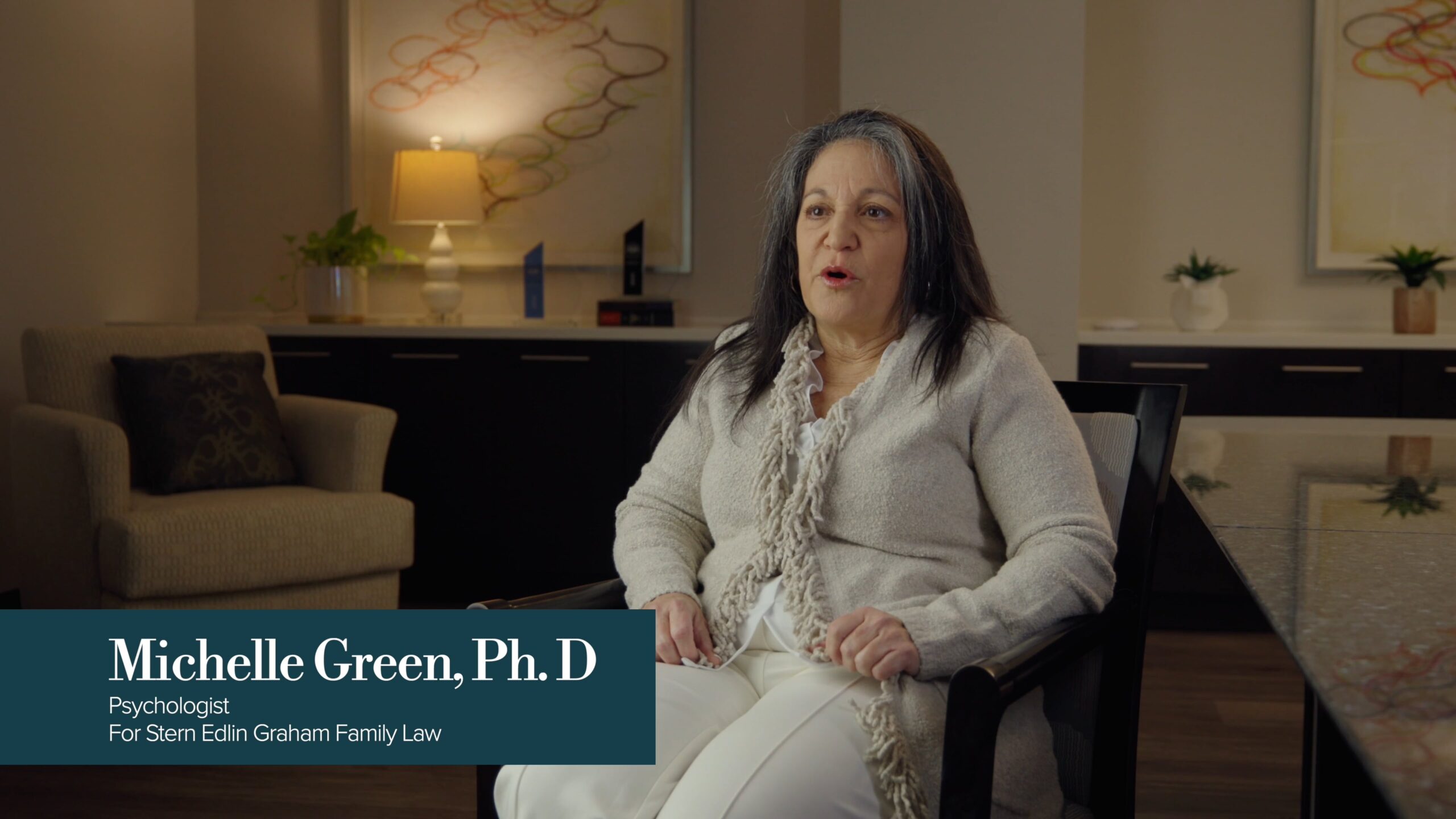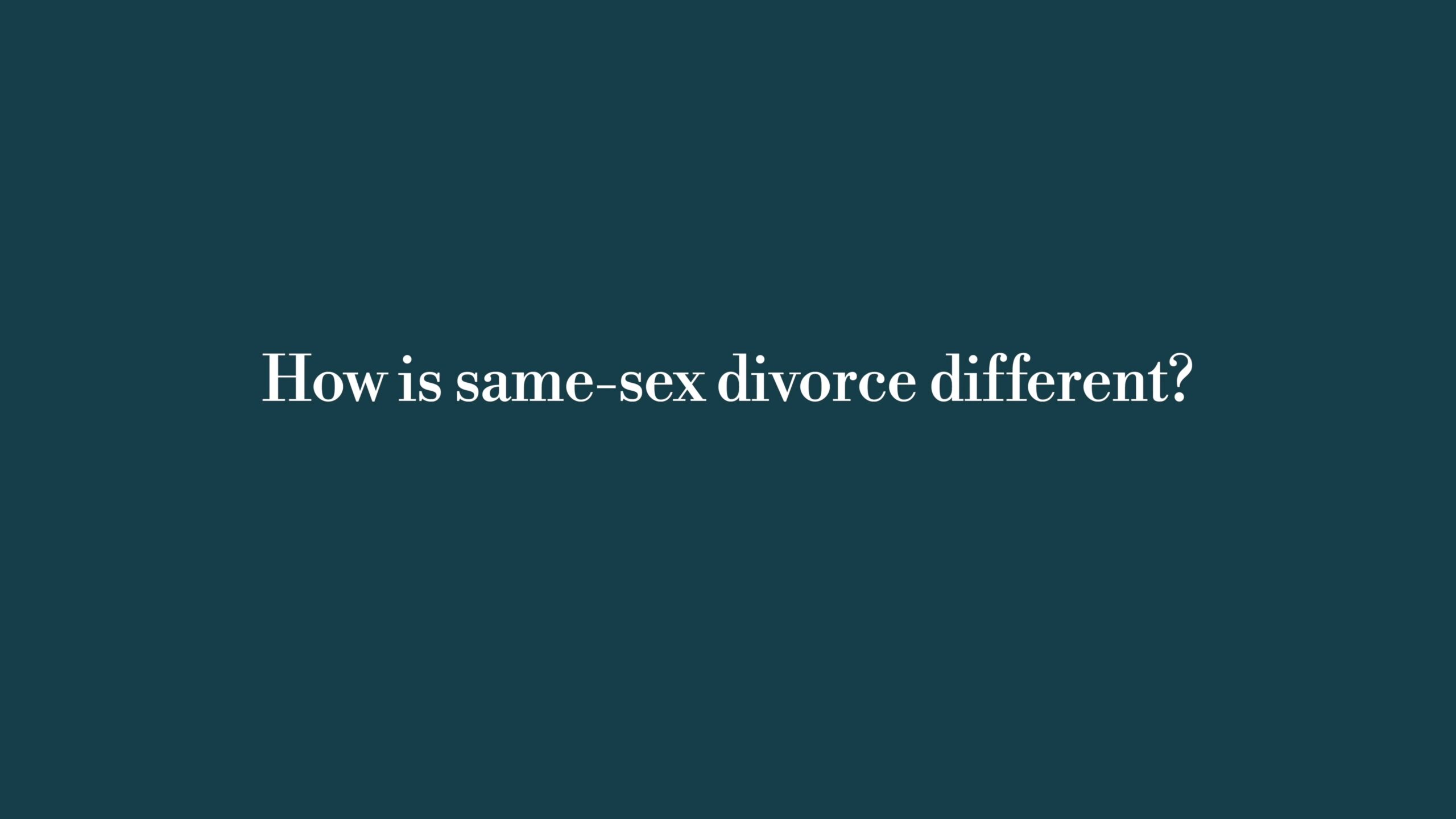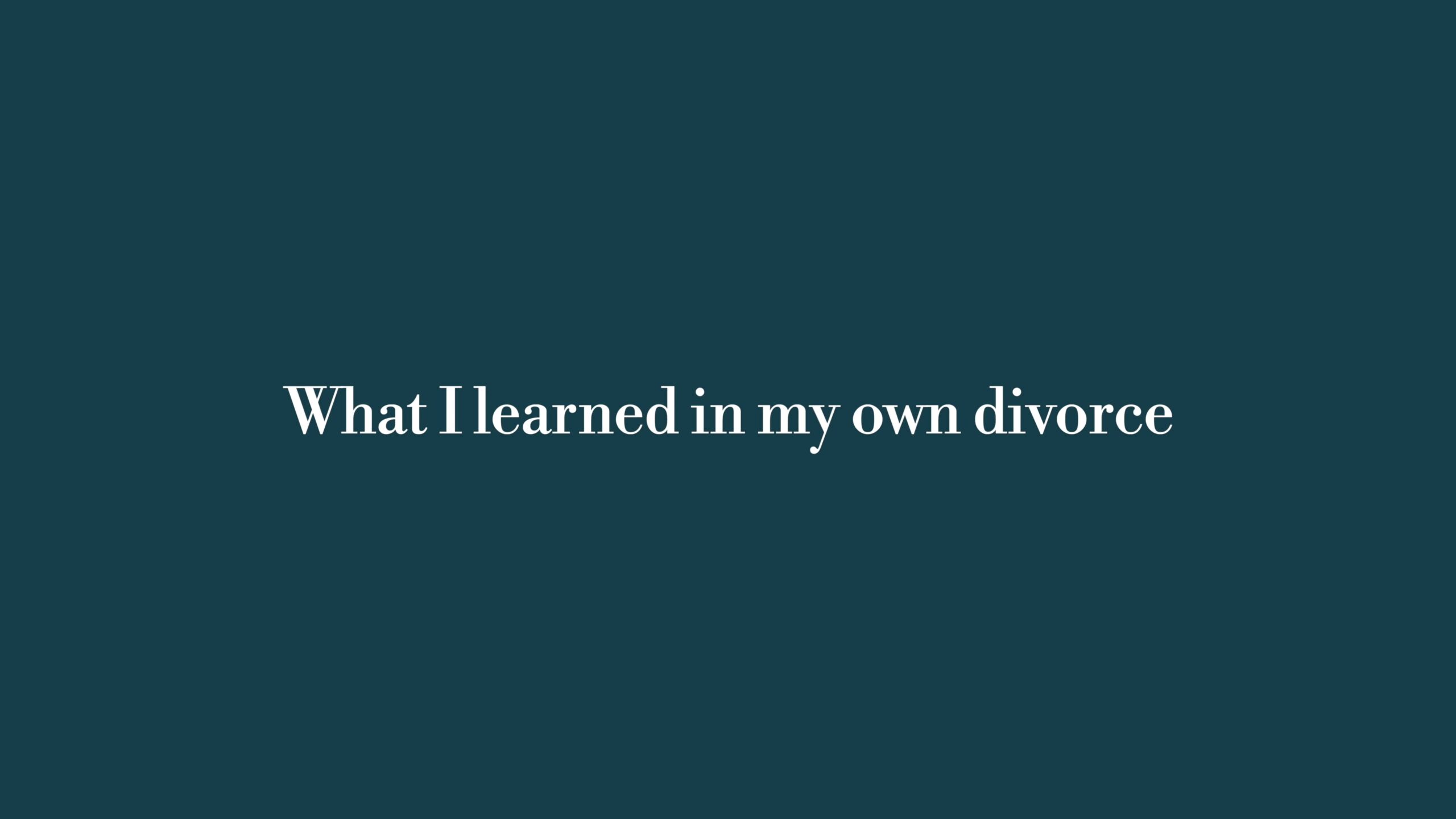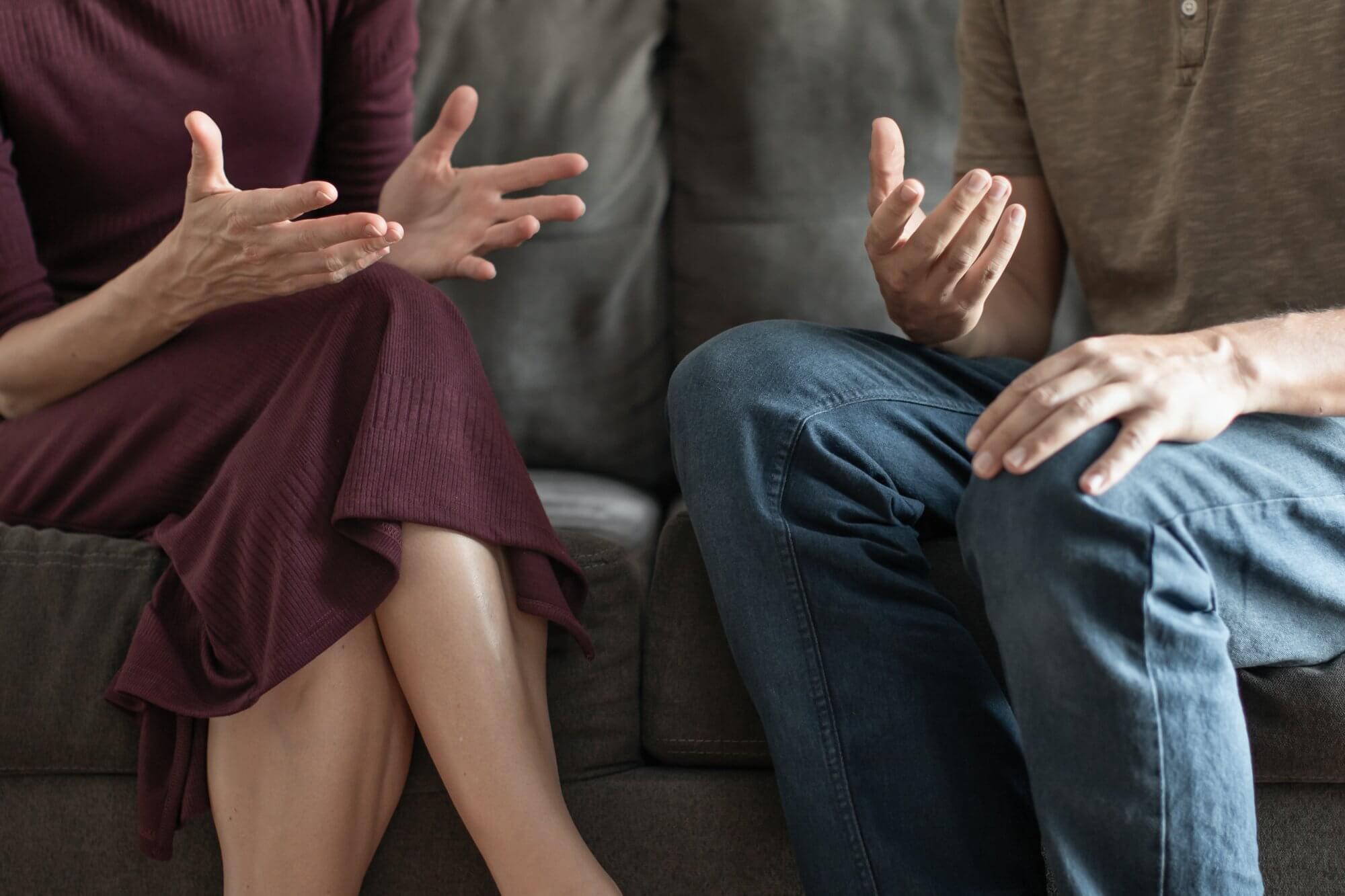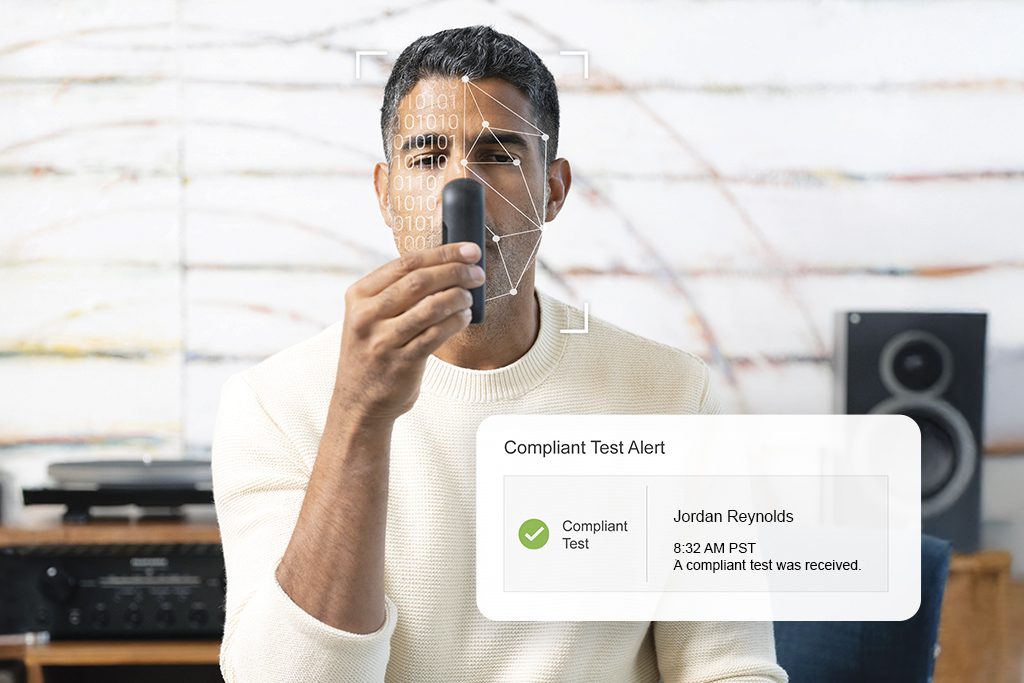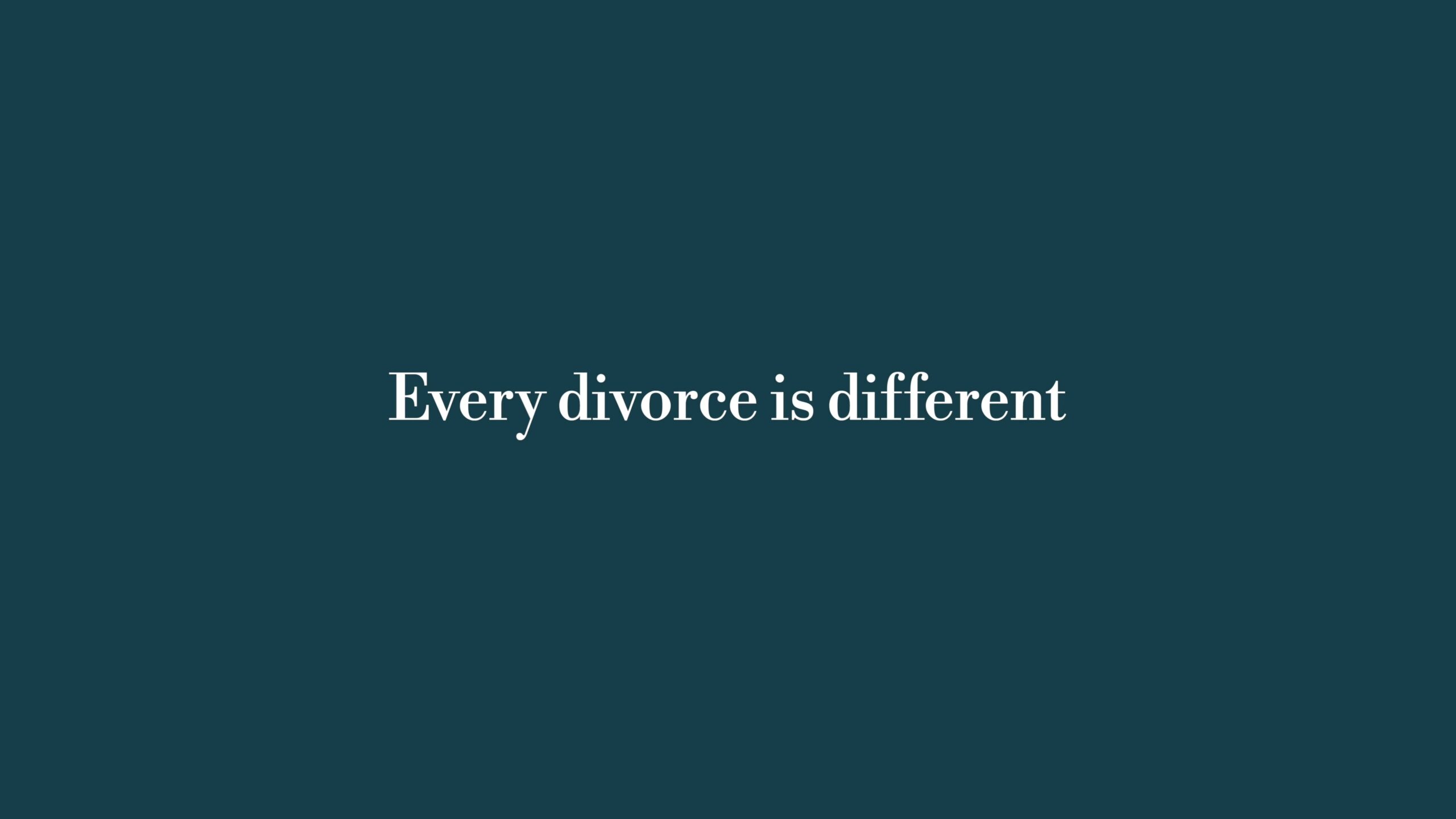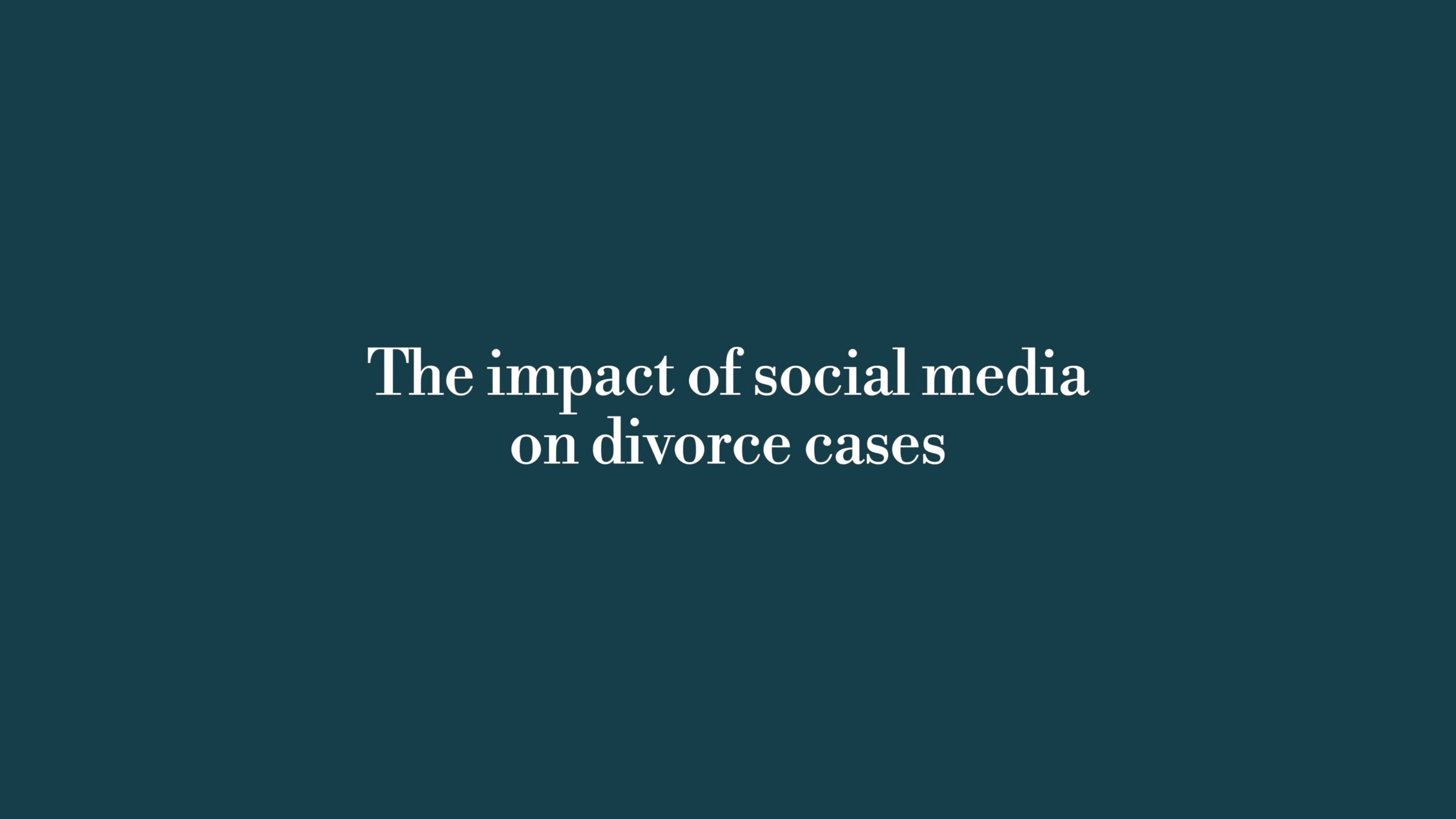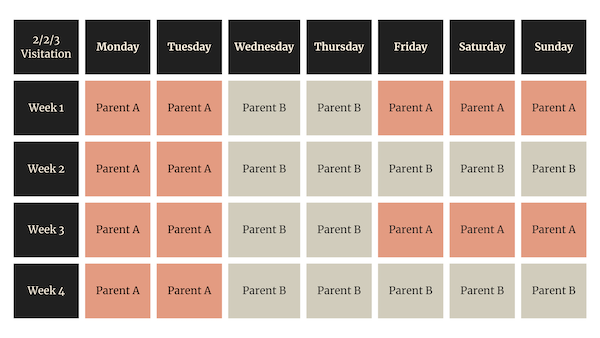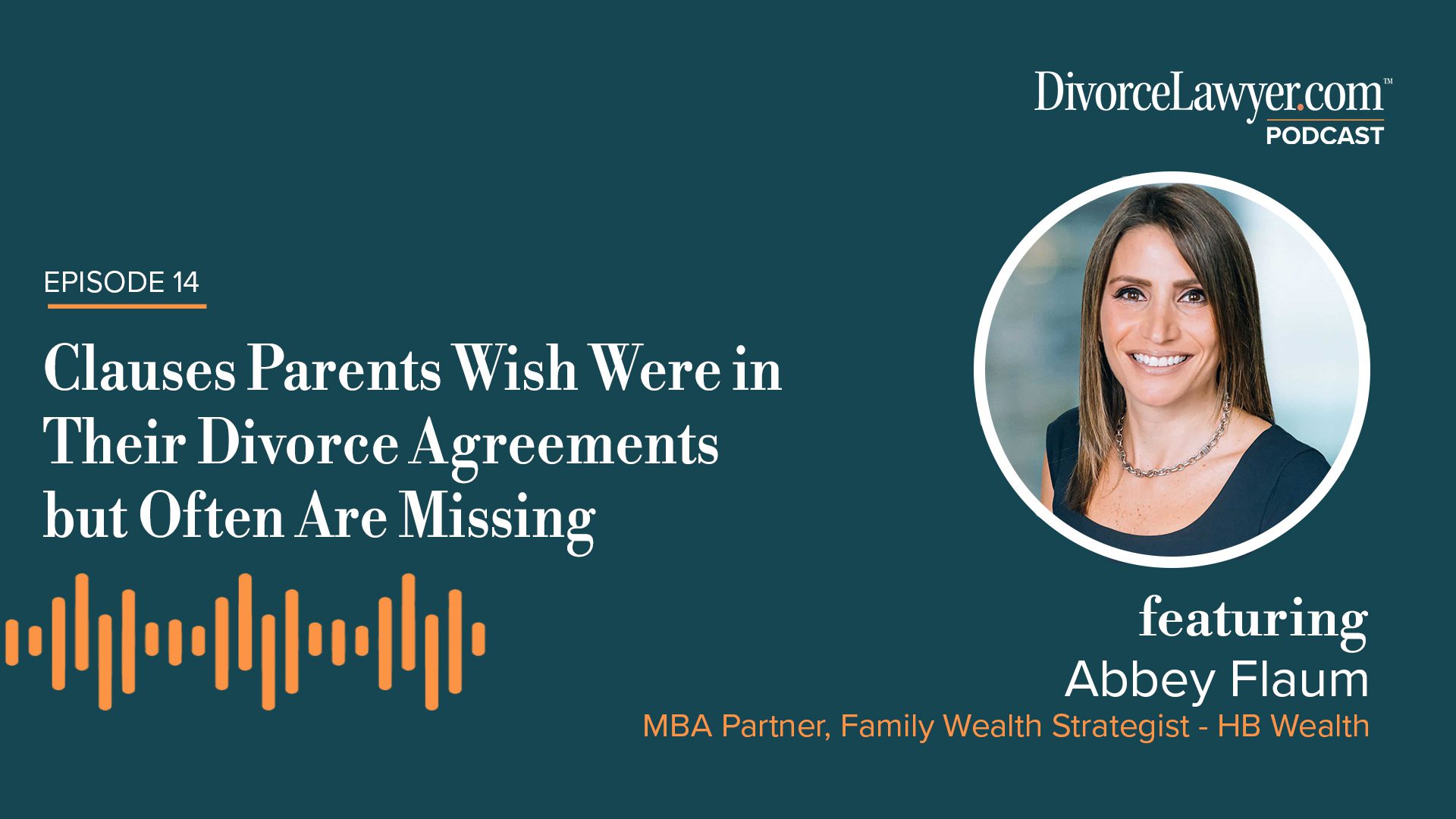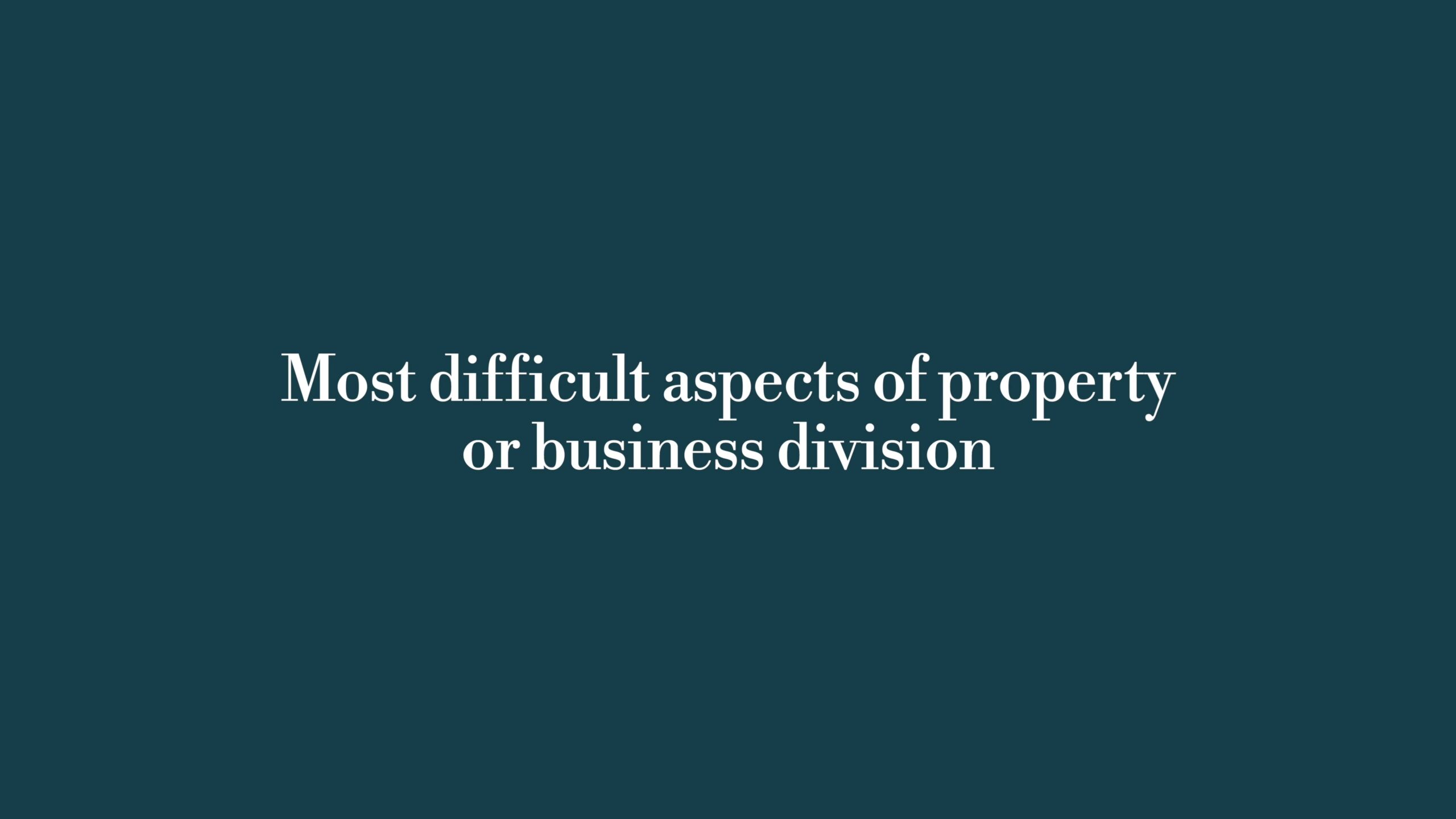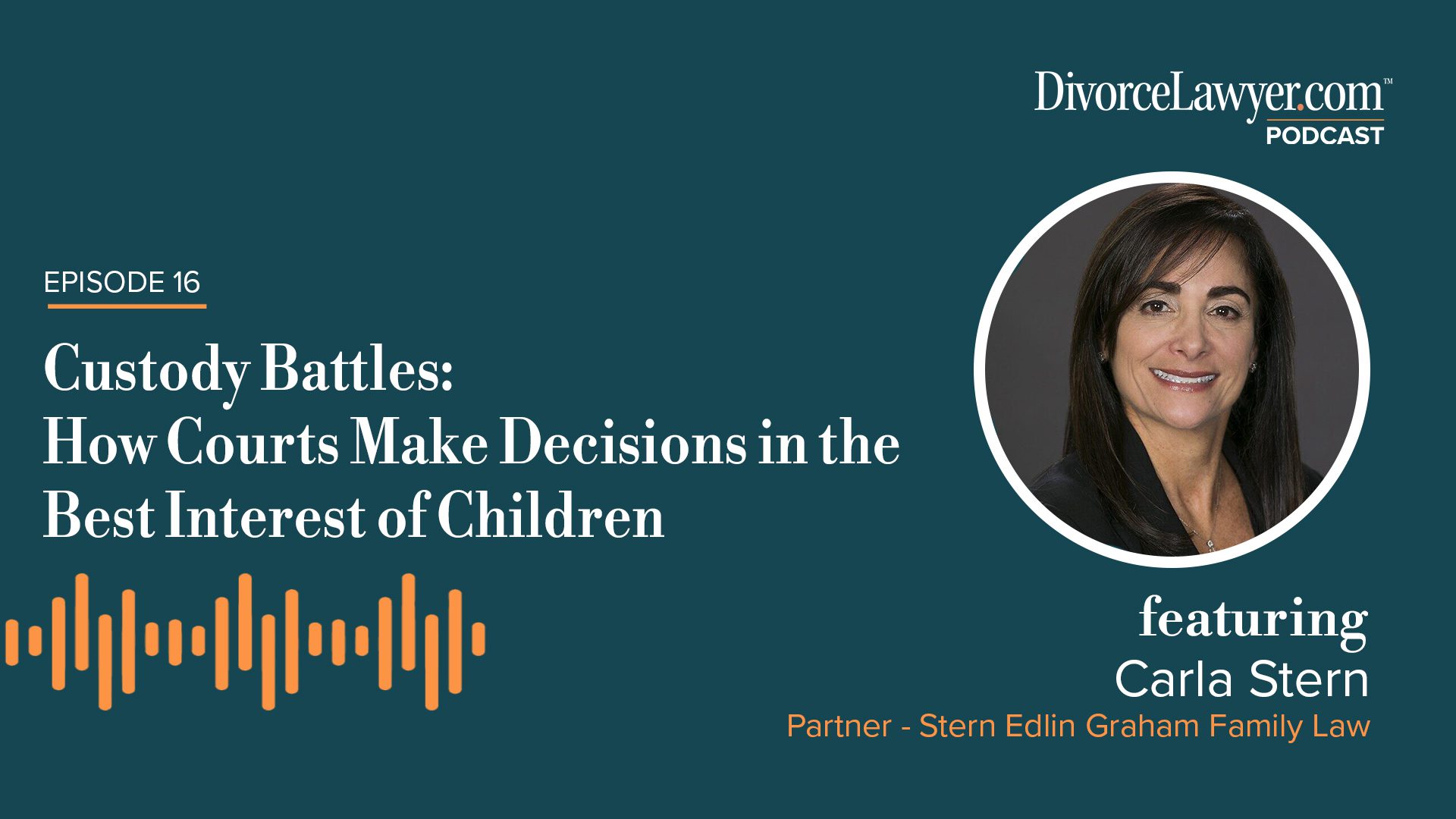Collaborative Divorce vs Traditional Litigation – Cost, Time, Outcomes
OVERVIEW
In this episode, Rob Roseman interviews Max Emmer, a family law attorney at Emmer Law PLC, about the differences between collaborative divorce and traditional litigation. Max shares his journey from corporate litigation to family law, emphasizing the importance of a human element in legal practice. He explains the collaborative divorce process, its benefits, and who it is best suited for. The conversation also addresses common misconceptions about collaborative divorce and offers advice on choosing the right lawyer for your needs.
HIGHLIGHTS
- Max Emmer transitioned from corporate litigation to family law for a more human-centered approach.
- Collaborative divorce offers a private and efficient alternative to traditional litigation.
- The collaborative process involves a team of professionals to support both parties.
- Not all contentious divorces are unsuitable for collaborative divorce.
- Misconceptions about collaborative divorce include the idea that it is a weak approach.
- Choosing the right lawyer is crucial; trust your instincts during consultations.
- You can change lawyers if you’re not satisfied with your current representation.
- A consultative approach from a lawyer can lead to better outcomes.
- Emotional and financial considerations are key in the divorce process.
- Max offers free initial consultations to help potential clients.
TRANSCRIPT
Rob: All right. Welcome to the DivorceLawyer.com Podcast. Today we are lucky to be joined by Max Emmer. Max is a family law attorney in Bloomfield Hills, Michigan. After starting out in corporate litigation, Max shifted into family law to better serve his community. Outside of work, Max is a tennis and pickleball player, a diehard Detroit Lions fan, not a, not a hard fan to be right now and proud dad.
Max: No, it’s a good time to be.
Rob: Proud dad to his son Rocky and his dog Hudson and today we’re going to be talking about collaborative divorce versus traditional litigation, cost, time, outcomes, all that good stuff. Max, thank you for being here today.
Max: Thanks so much, happy to be here. Appreciate the invitation.
Rob: I mean, a good day to be a Lions fan. You guys are just like…
Max: It’s funny, when I wrote that, it was probably when we were still horrible and I always had to add the preamble. Don’t think I’m intellectually deficient by being a lion’s man. Now I look like the smartest guy in the room. So I will take our Detroit lion victory lap while we can get it.
Rob: I mean, what a fun team to be on. Let’s talk about diving into you started your legal career in high stakes corporate litigation. What made you decide to pivot into family law?
Max: So it’s a great question and I’ve had a, you know, securities career route and I’m fortunate to have great opportunities. I started representing banks, financial advisories and institutions and securities litigation arbitration. And I traveled around the country and I learned a lot of great skills and work with great people. For me, I need that human element and I learned that within a few years and not to say that work is not important, it very much is. But for me, representing a company or kind of just doing deep dives on discovery a box of documents, that’s not where my strengths or my interests or my skills lie. And over the course of working at a couple of firms over a few years, I really recognized that I needed to be working with people on people issues on a daily basis.
And with that, I kind of found a place in family law, which I was fortunate to do. And since then, I’ve really tried to create a niche where I provide other options for family law matters that aren’t just knock down, drag out, toxic, traditional litigation. And I really try to educate people. There’s more than one way to get divorced and there’s more than one way to do things. And if you’re at least educated in the options, you can make the best decision for both you and your family.
Rob: Curious as somebody who’s not a lawyer, what does that look? Obviously, you go to law school, you learn everything, you obviously have a natural just skill set and way of thinking. Is it like, I’m just going to pivot into family law and figure this out?
Max: So for me, so it’s a great question. For me, I was at a firm for four years and I just, it had run its course and I switched to another firm where I switched my practice area, I was doing some general litigation, I was doing some estate planning. And then when I was looking for new opportunity, I just, ended up talking to a family lawyer who said, given my personality and my entrepreneurial spirit and kind of my, what there is about me, if I was interested in family law, I could do it. Do it in my own way. And I think I also wanted a practice where I could eventually work for myself. I come from a family of entrepreneurs. No one in my family’s really had bosses in 50 years. So I really wanted to also do something where I knew sooner than later I could make my own entry in with family law. That was a way to do it. And after working for a family lawyer for about a year and a half, I launched my own firm during COVID, where I really focus on collaborative divorce, family law mediation, and all sorts of family law matters, but really trying to make them as amicable and streamlined and direct and efficient as possible.
Rob: You said the word collaborative divorce. I’m sure a lot of people have impressions of what divorce is like, war of the roses. What is collaborative divorce and how is it different?
Max: Yeah, I don’t know if anyone my age knows that, not that we’re so different age, but I’ve seen it that’s a great reference. So what I tell people is traditional litigation is what you see in the movies and TV edits. Someone files, they serve the other party at their kids’ soccer game. There’s a fight, they’re in court for a year, they’re doing subpoenas, they’re doing interrogatories, they’re doing depositions, they mediate four times, they either settle, they go to trial, and they end up with a result.
That is the old way of doing divorce, don’t get me wrong, that is still very prevalent and common. However, I would say in the last decade, the idea of collaborative divorce or alternative divorce options have come into the ether. And when we talk about collaborative divorce specifically, there is a collaborative divorce bar, we’re certified, we’re trained. In Michigan, there’s about 30 lawyers. And if you want a collaborative divorce, there’s a few differences. Difference one is the case is done in complete opposite.
We only file your case once we’ve settled it. So if you want to do a collaborative divorce, Jane hires me as her collaborative lawyer. If John, her husband, is in agreement, he would hire a collaborative lawyer. We hire a certified divorce financial analyst. We hire a mental health professional who helps co-parenting family issues. And then really, through private meetings and mediation, we work through your divorce privately and before filing. And then and only then we file. There’s a lot of benefits to that, privacy, costs, creativity, and you are really able to opt out of the system, if you will. Obviously, if there’s certain circumstances, you don’t, but we’re able to take a process that’s normally six to 12 months, and we can turn it into a several month process. And I think whether it’s the privacy, I think whether it’s the ability to not be on the court’s deadline and orders, I think there’s a lot of attraction to people for that.
And then kind of under that umbrella, I do a lot of what I call one lawyer divorce, which is where I don’t ethically represent two parties, but let’s say two people agree on most everything. One of them might hire me. I prepare all the documents and paperwork for their review. The other person has their opportunity if they want to review with their own lawyer, and then I help effectuate it. So whether it’s pre-mediation or pre-filing negotiation, collaborative divorce, there’s a bunch of ways we can handle your divorce that save time, save money. Also save emotional capital and don’t put you in the system that tends to be overly difficult and overly emotional and overly cumbersome.
Rob: So if somebody is listening right now and they say, this sounds like a great setup, but I don’t know if my husband or wife who’s much more contentious about this, if they would agree on it, who is collaborative divorce a fit for and who is it not a fit for?
Max: So that’s a great question. I think one thing that sets me apart is I’m very careful. I don’t push people into collaborative if I don’t think they’re a fit and vice versa. The people who are a fit for collaborative, I would say, are people who genuinely want to do what’s best for their family despite their feelings or misgivings about their soon to be ex. I think it’s people who understand the holistic and comprehensive approach that this touches every part of their life. And I think it’s people who almost want some catharsis. And I’m not saying it needs to be, you know, crystals and things like that. But for people who just say, hey, look, this is happening. I might be happy about it. I might not be. But it’s happening. And I want to do what’s best for my family and my kids and me. And I’d like to have a team. I’d like to have a supportive and private place to do that.
The people who it’s not for, look, if you have a very contentious custody battle, if you don’t agree who should be the primary parent or custodial or parenting time, if you think someone is really hiding money or deceiving you, those aren’t typically the best fits for collaborative due to the out-of-court nature. But in speaking with someone like me or a similarly minded professional, we’re usually pretty good at tailoring who and what are a fit and what aren’t. But that being said, just because you two aren’t the hunky-doryest, most friendly, soon-to-be exes alive, that doesn’t mean you can’t do collaborative. I would say, as long as there’s some level of mutual respect, or at least understanding that this is happening and you both want to do what’s right for you, your kids, and your family, I think that can be a really good fit for a collaborative or a collaborative-like method.
Rob: What if, I’m sure this is not the first time it’s happened, I call Max, I say, Max, you’re my guy, and maybe my soon-to-be ex hires a shark. Is that now?
Max: That tends to happen. I pride myself. I work pretty well with all kinds of lawyers. I have cases with the really difficult pit bulls and lawyers like me. One thing I do that I think separates me is that I’m really honest and transparent with my clients. If I have a client who hires me for collaborative and their spouse goes out and hires a quote unquote killer and they want to make it a bloodbath, I will say to my client, look, I can handle this. I’m good at this.
But I also want you to feel comfortable as you’re responsible. If you have any questions or thoughts that you want to supplement counsel or even up or level up in that way, I want you to be best positioned. And whether that, I sometimes serve as co-counsel. So it tends to happen. But even with difficult lawyers, I’ve done collaborative cases. Now, those cases tend to still be in the court system, they still can be amicable in that we’re not doing a ton of motions and a ton of discovery. And it doesn’t go through the collaborative process formally, but we handle it in an amicable manner. And I think as a lawyer like myself who really tries to be flexible and really tries to curate a plan and a case process on an individualized basis, I really try to tailor everything to both my client as well as the realities on the other side.
Rob: So people going in, we learn about the different types of divorce. You have litigation, have contested, uncontested.
Max: Yeah, so I would say traditional litigation, would say, is in court, more contentious. I would say collaborative divorce in the official process, kind of the other end. And then I do a lot of one lawyer divorce or kind of like a pre-filing negotiation, which I would call collaborative light, where you might not hire the whole team, but you each have a lawyer and you’re going to negotiate. I also serve as a mediator, pre-filing. So the biggest thing I try to emphasize to people, and I think educating people on their options is really important.
There’s more than one way to do this and you deserve a 15 or 20 minute conversation about the different options available to you so you can be fully informed to make the best decision for yourself.
Rob: What’s the biggest misconception people have about collaborative divorce?
Max: That’s a great question. I think there’s probably two intertwined misconceptions. I would say one is that just because you’re doing it collaboratively means your lawyer is going to be soft or weak or ineffectual, and that’s not the case. As I say, I can wield the sword, but I think most of the time the sword need not be wielded. And that’s very counterintuitive to most family lawyers. So I would say that there is this maybe presumption of weakness or softness.
And then the other thing I would say is that you can’t zealously advocate for yourself or have your lawyers zealously advocate for you if it’s collaborative. And that’s not true either. In my collaborative cases and sessions, I fiercely and strongly put forward my clients’ positions and their point of view and context. But I just don’t do it in a way that is overly inflammatory. I don’t do it in a way that turns a $12,000 divorce into a $68,000 divorce. And so the messaging and the substance is very similar. It’s more the style that changes. And I believe most cases are better served with a lawyer who serves more like a statesman. Are there times where you need a killer, you need a pit bull, or you need the lawyer who’s going to slam the table and all that? Sure. But I think someone who gives you good, sound, thoughtful advice, and a lawyer who makes you feel heard and valued, that will best serve you in this process.
Rob: Is it, let’s say somebody is working with a lawyer and they are not really, it’s not really the fit that they thought. Maybe they got sold something and now they’re running up their retainer. Is it too late for them to make a change?
Max: So people change lawyers all the time. I like to say people come to me kind of for a second opinion sometimes and I don’t directly impugn or criticize what another lawyer does or doesn’t do. But I think sometimes, especially with divorce where there is a time element or there is an emotional element, sometimes people make a decision, you’re allowed to have the counsel of your choice. If you are working with someone and you don’t feel heard or you don’t think they’re treating your case or you with the respect and attention it needs, you absolutely have the right to seek out counsel of your choice.
If you have remaining retainer left, you can get a refund of that. If it’s expired, you can always change counsel, which I know is not easy. I know people don’t necessarily want to do, but better sooner than later because it’s a lot easier to make a change a couple weeks in or two months in than it is seven months.
Rob: So if somebody’s listening right now, they’ve been thinking about divorce for a long time. We talk a lot about like consultations, making the most of it on that call that they have with you. What is like one question that you would advise, even if it’s not to you that they really asked this lawyer about?
Max: Yeah, I mean, I think that’s a great question and I could go in a number of directions. I think less a specific question and more something I would look for as a client is really try and get an understanding of the lawyer’s philosophy and approach to their practice in family law. Because if you have a lawyer who just says, you have to hire me today, you have to give me a $15,000 retainer, we’re gonna file this complaint, all these ex-parte orders. We’re going to serve them at your kids’ gymnastic tournament. We’re going do this. If you want or need that, great.
But as a potential client, I would like a lawyer who’s a bit more consultative, who’s a bit more thoughtful and a bit more strategic. So I would be asking, what sorts of cases do you handle? Do you only do traditional litigation? What is your typical expectation for a case timeline and proceeding? And basic questions like that I think will illuminate the type of lawyer.
The other thing too, I am a true solo. I answer my phone and my email. And I think a lot of people appreciate that level of client service. And I’m not saying every lawyer can’t do that. And I’m unique in that. But trust your instinct. And if you reach out to an office and you feel pushed off or you don’t feel like you’re a priority, that is truthful to you. And that is impactful. And you should listen to that. And I think sometimes people just take the first referral or take the first name they see. And oftentimes that person can be very good.
But listen to your gut instinct. And if it’s not a fit or if you have questions, talk to someone else. Personally, my potential clients are always shocked when I encourage them to talk to other people. And maybe they think it’s like a reverse sales tactic. But I’m like, look, this is your life. And this is a big decision. And who am I to try and strong arm you to doing this. And I guess one point I’d make, not so much a question, one thing I’d look out for, if you are in a situation where there’s domestic violence, if you’re in a situation where there is potential parental kidnapping or someone is hiding money or kicking you out of your house, those are emergencies.
If you have a normal divorce and there’s no exigent circumstance, the lawyer who’s pressuring you to sign and retain like a car salesman is not who I would go with because again, and I tell most people this, absent an emergency, you don’t need to file today, you don’t need to file tomorrow, you could file next week. And I always tell people, you’re in enough stress and you have enough anxiety as it is, you don’t need me to add to it.
Rob: Very refreshing to hear and it’s very helpful because I think like, you know, you get married, this is maybe the person you’ve been with for 20 plus years. So you’re used to like, all right, this is the first divorce lawyer I’m talking to, let me marry them. And a lot of times like, this is a time not to make that mistake again. This is a time to date around a little and figure out what is the right fit for you.
Max: You know, 100%. And for me, anyone who reached out to me, I give a free initial consult that’s usually 20 to 30 minutes. I also offer kind of what I call a detailed consultation strategy session, which for reduced hourly rate, I provide an in-depth 60 or 90 minute consult. And I can say I’ve had a lot of clients who are either on the fence about the process or want more information. And in probably doing 50 of those, I can honestly say I’ve never had a client think it wasn’t worth the money.
And I think it really gives you an opportunity to one, see the lawyer, hear about them, their style, run potential numbers, game out scenarios, put a roadmap together. And for the people I work with, I think they find that both refreshing and reassuring.
Rob: Refreshing. That’s something I would take away from this conversation. Max, learned a ton. Thank you so much for being on the DivorceLawyer.com Podcast. Let people know where they can connect with you.
Max: Absolutely. Well, I’m a family lawyer in Metro Detroit, Michigan my website Emmer Law PLC. My phone number 248-859-0015 my email is max at emmerlawplc.com. And if you ever want interesting divorce content with my beautiful face, you can check me out on Instagram – EmmerLaw or Facebook – EmmerLaw.
Rob: Fantastic. Thank you, Max.
Max: Thank you so much. Pleasure to be here.
The DivorceLawyer.com Podcast with Rob Roseman, Featuring Max S. Emmer – Owner, Attorney & Counselor – Emmer Law PLC
Contact Information – Find Max and his law firm online here, Emmer Law PLC or on his Facebook page or Instagram account: Facebook – EmmerLaw or Instagram – EmmerLaw
